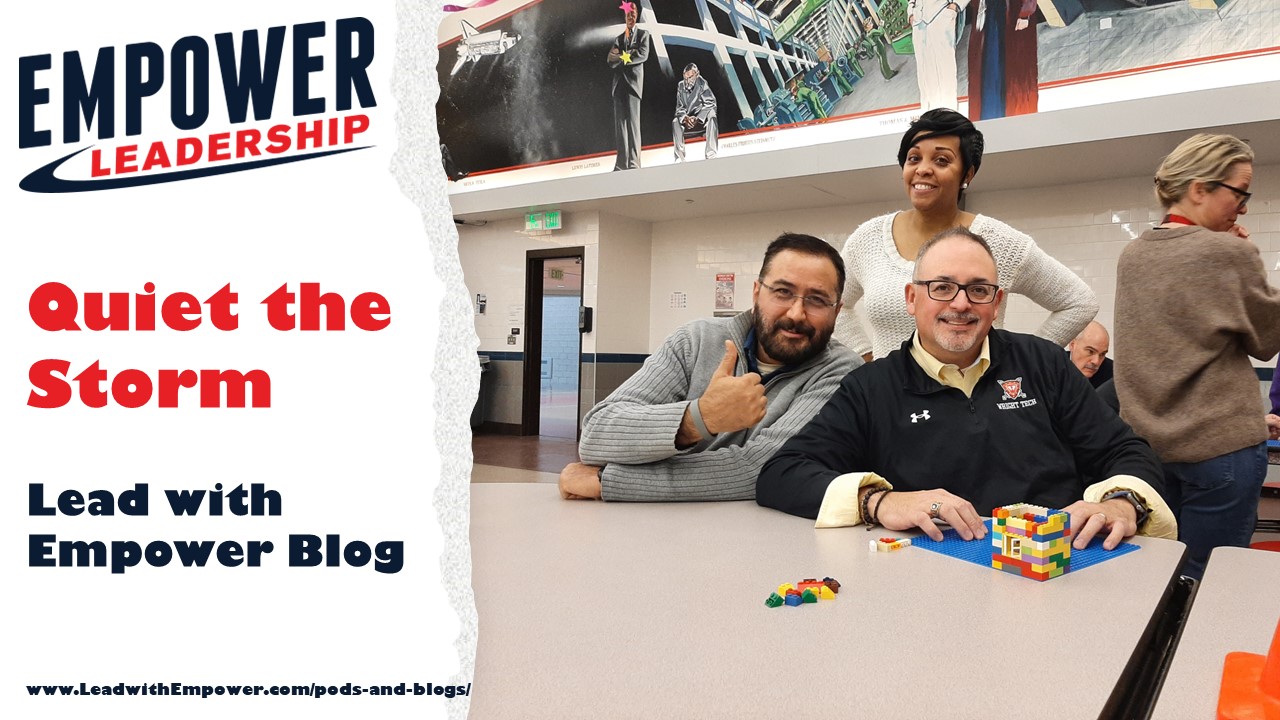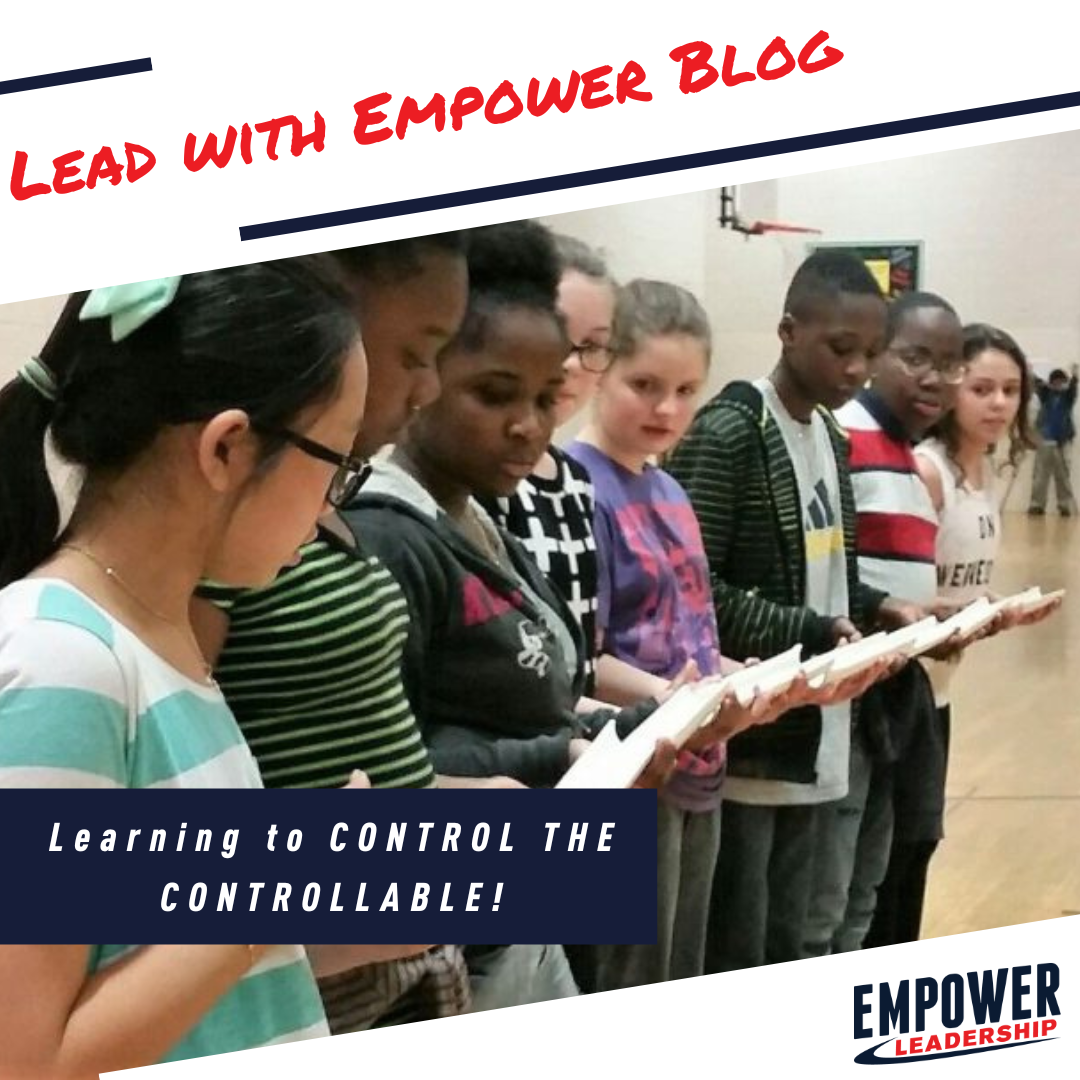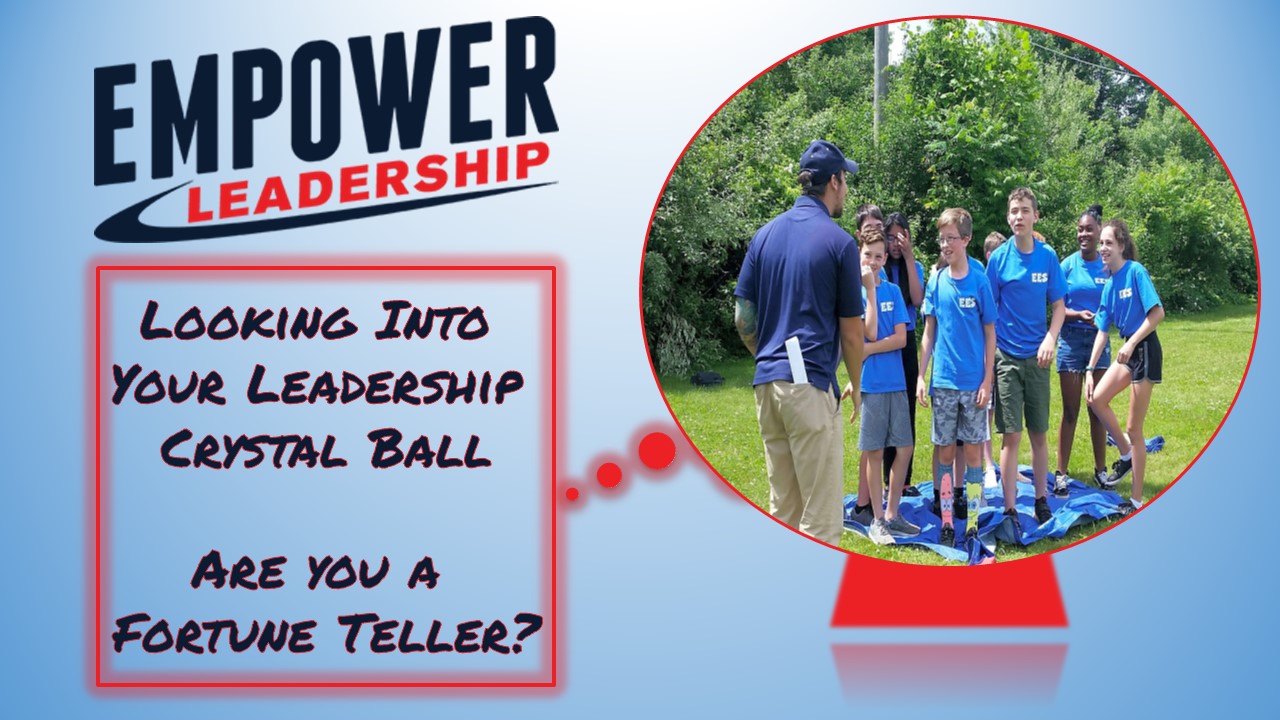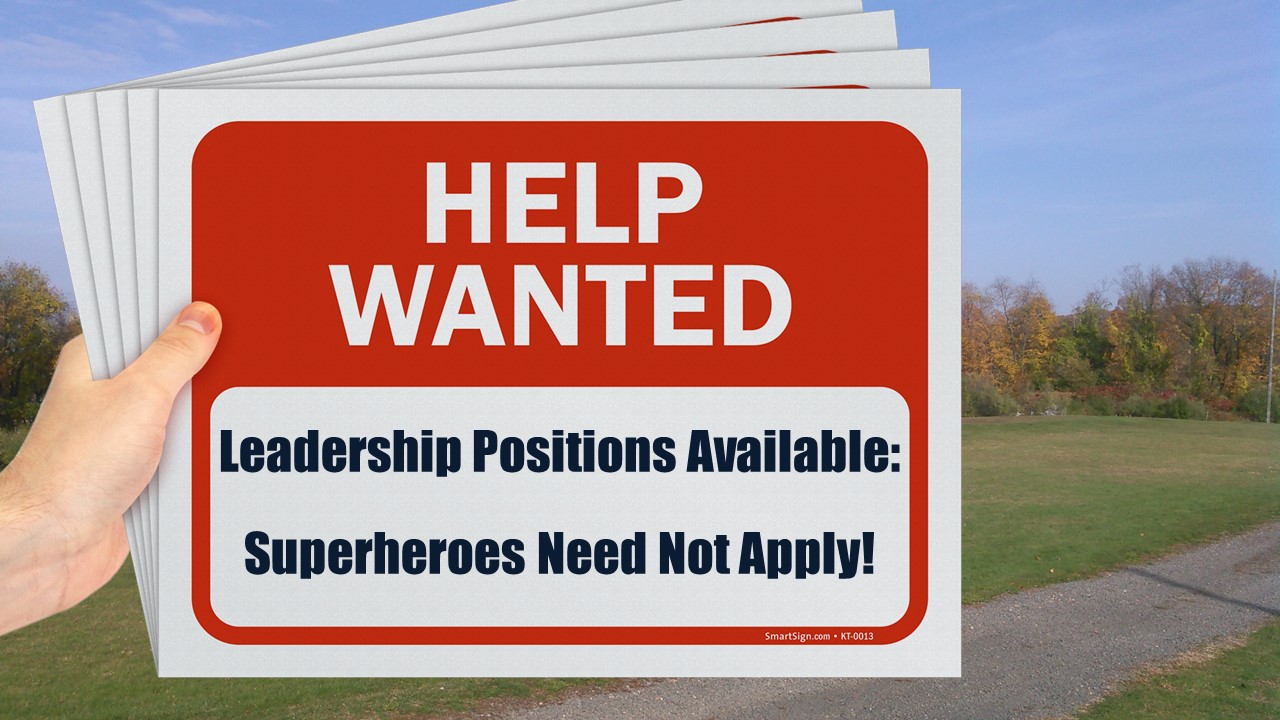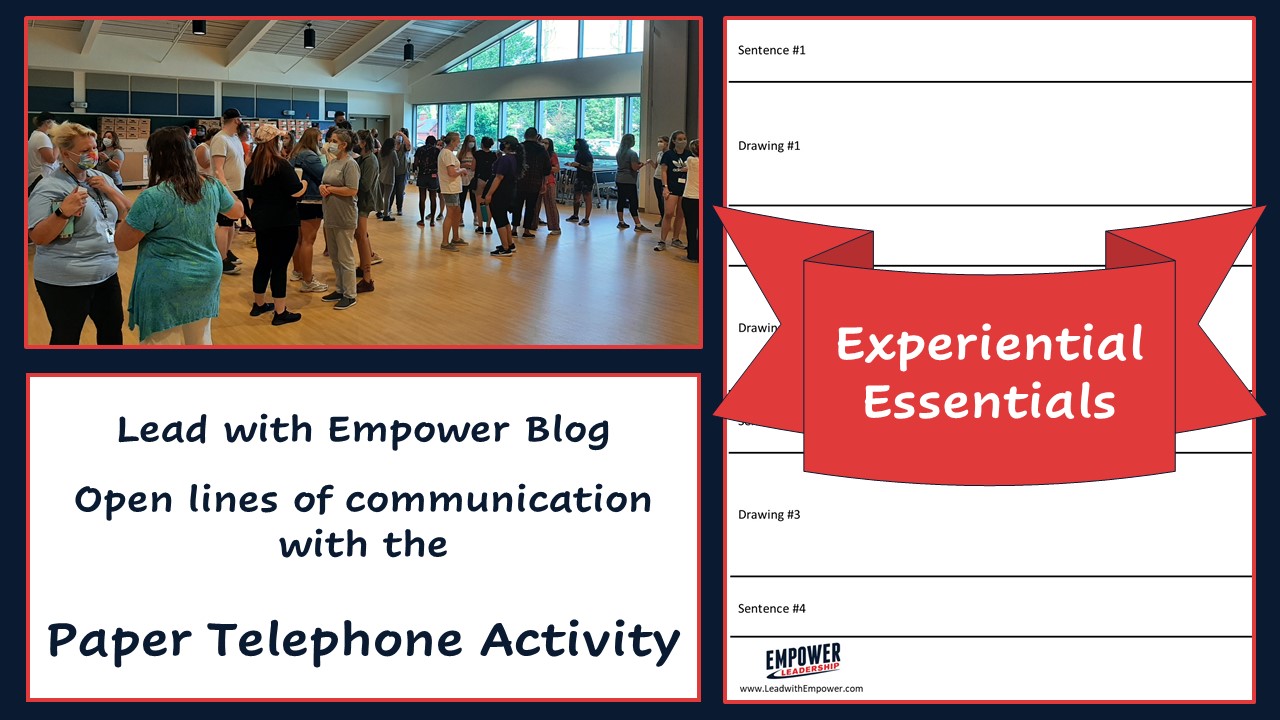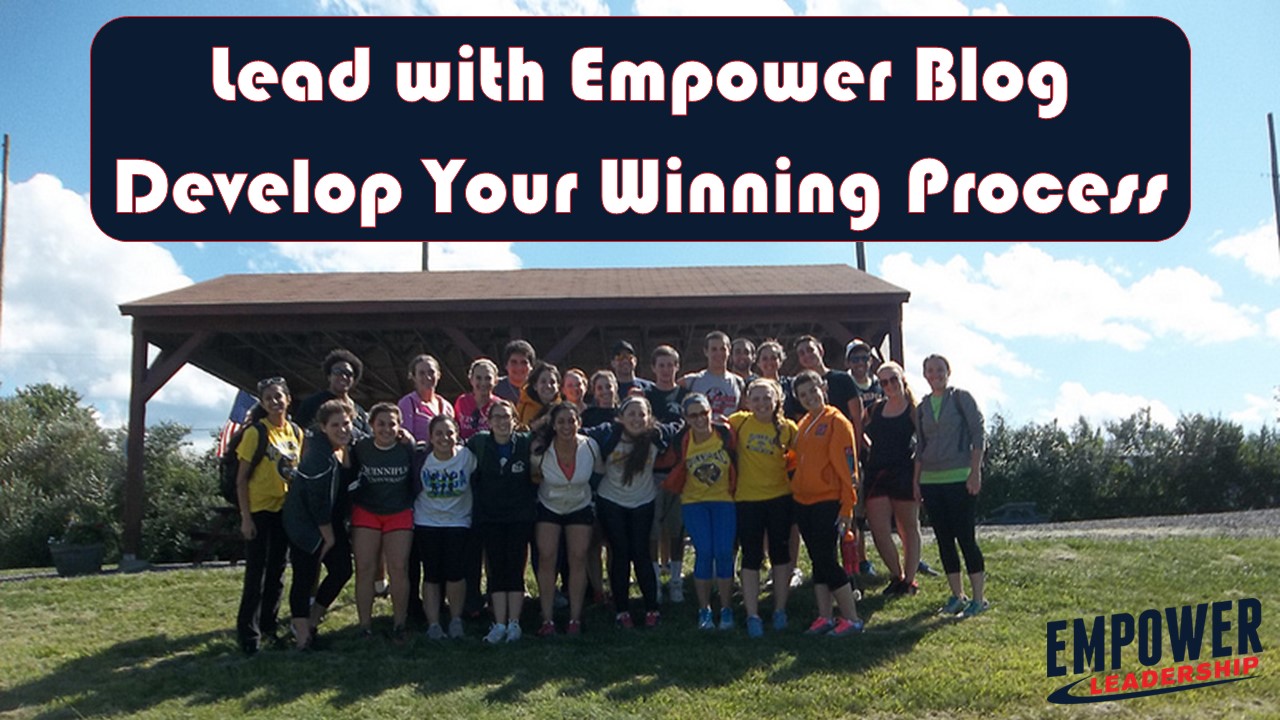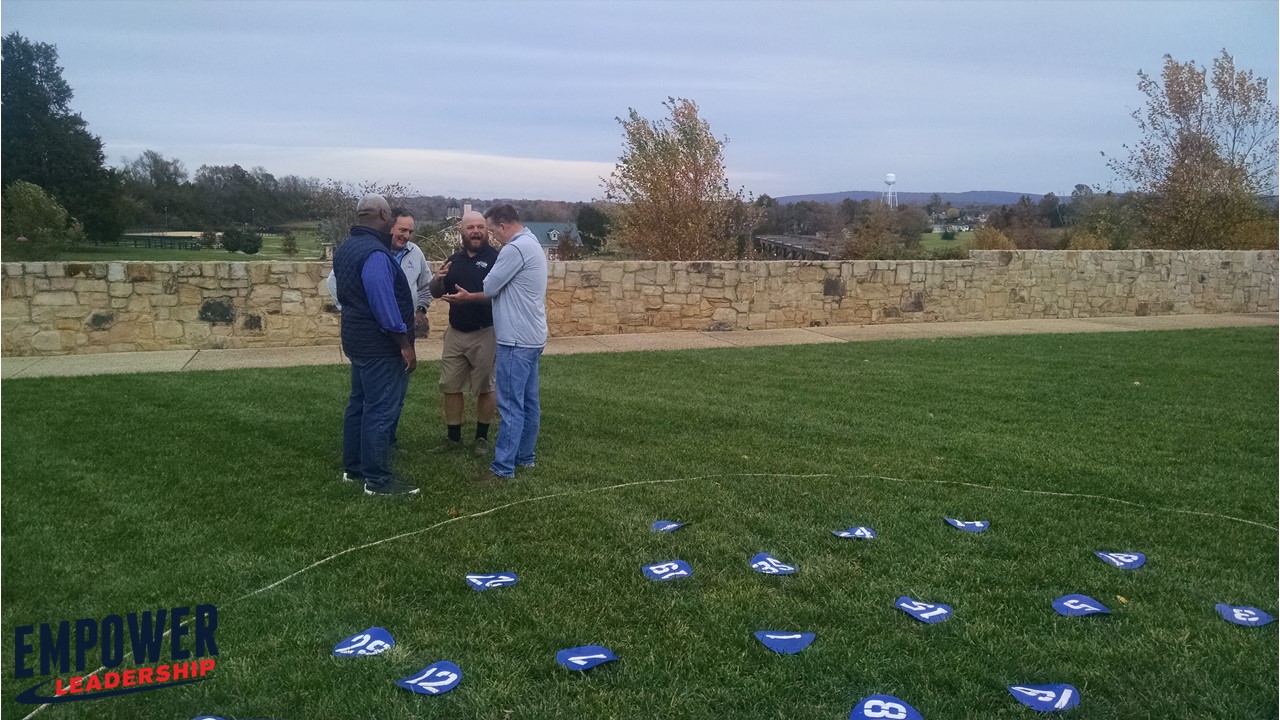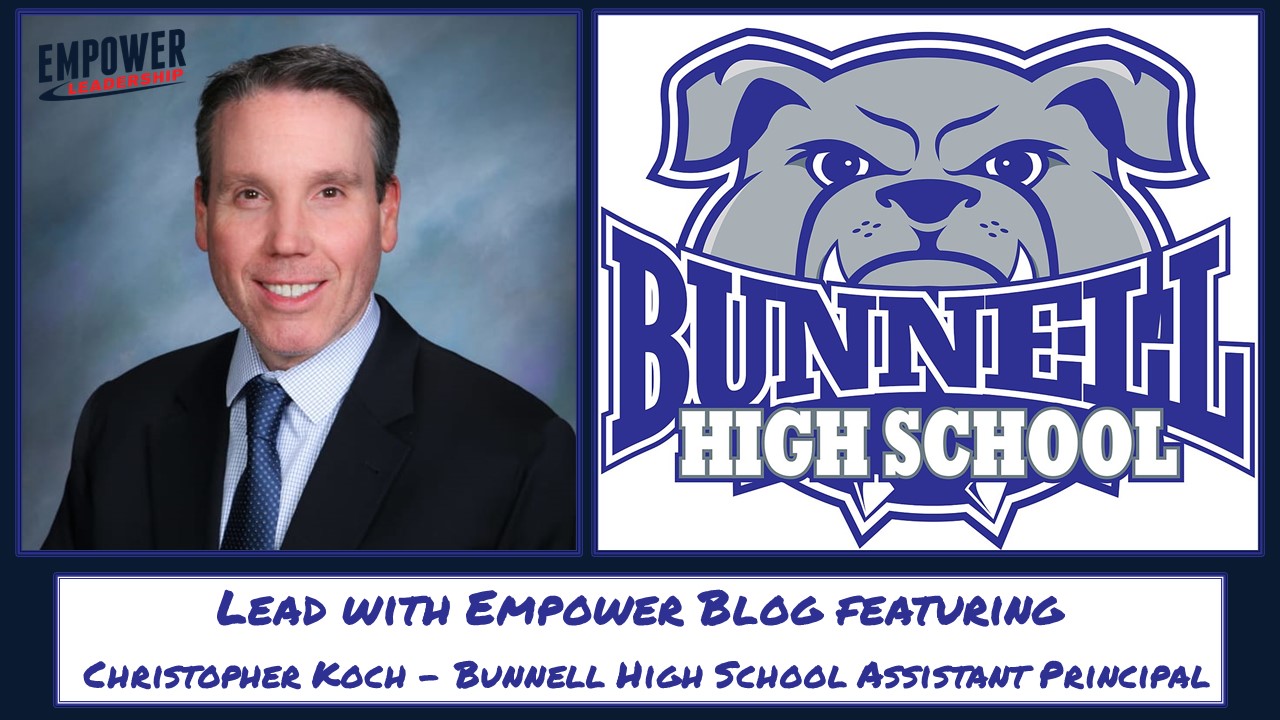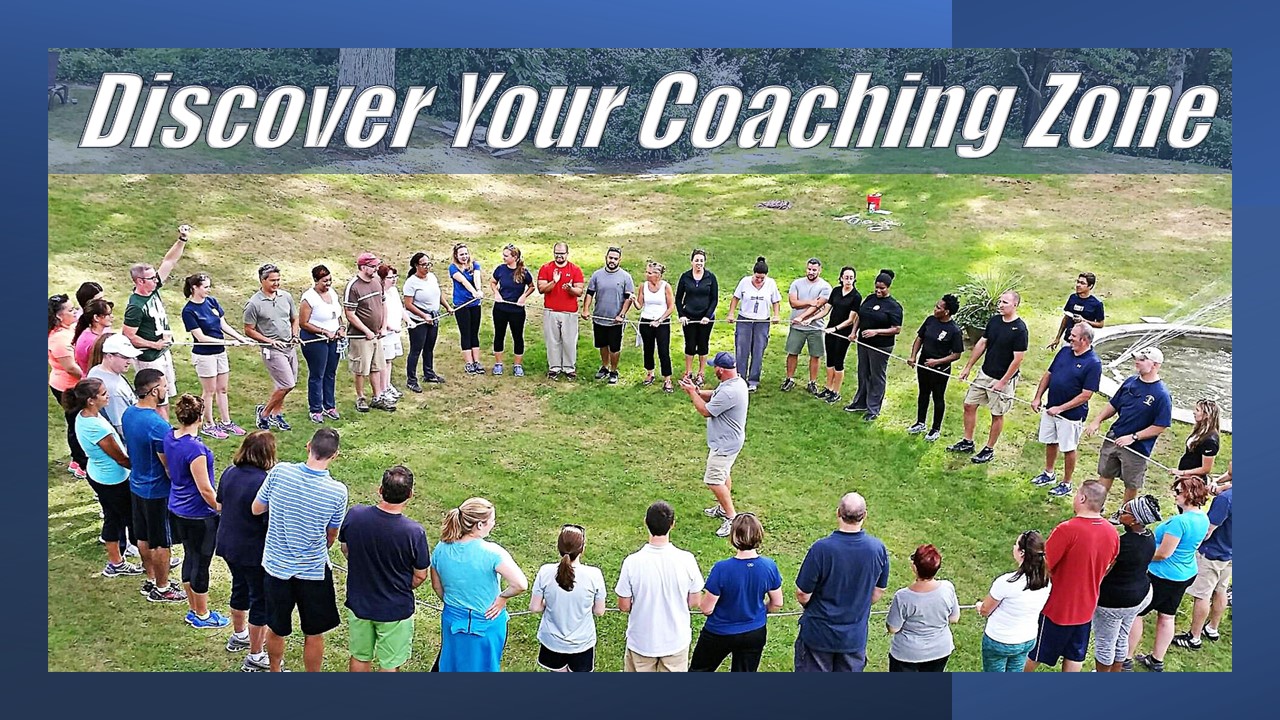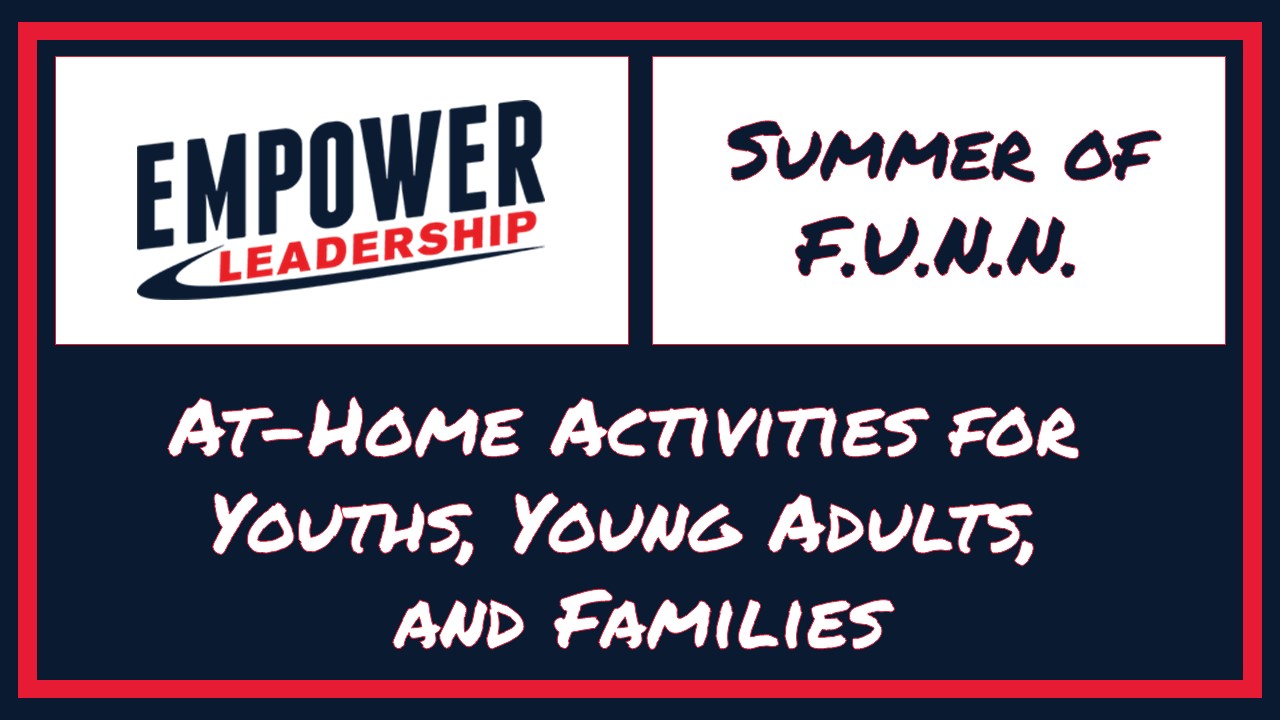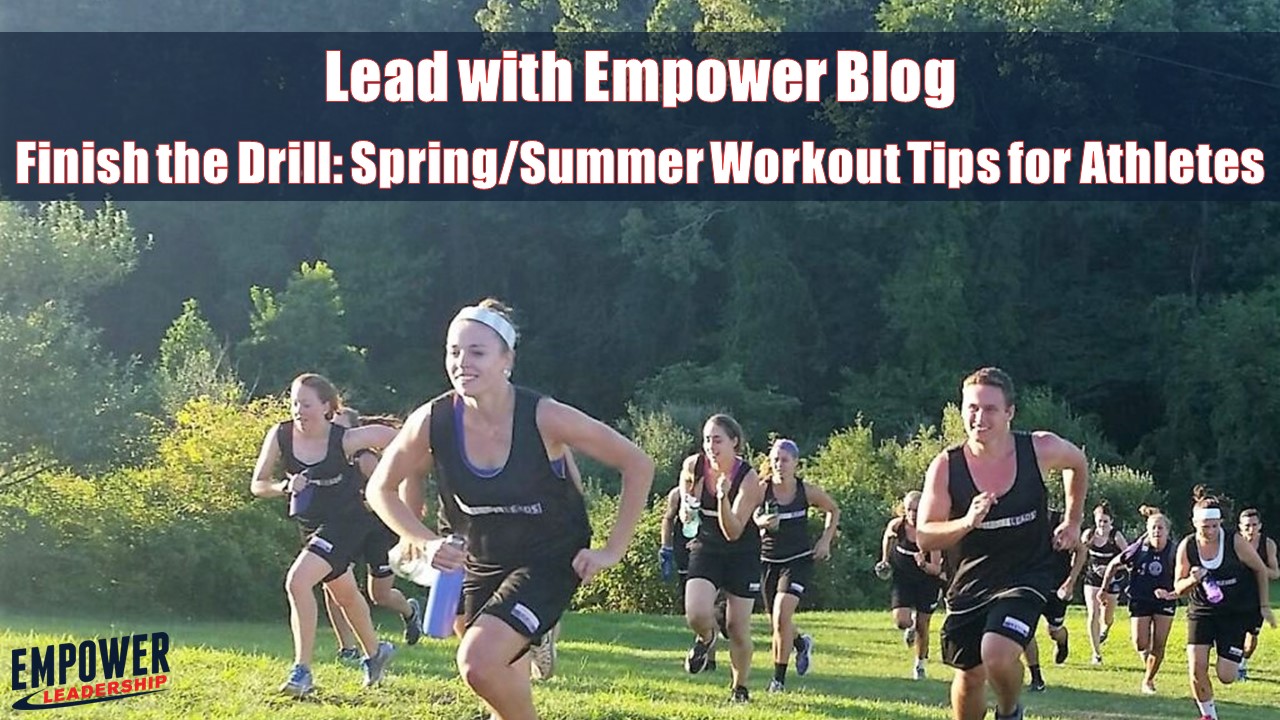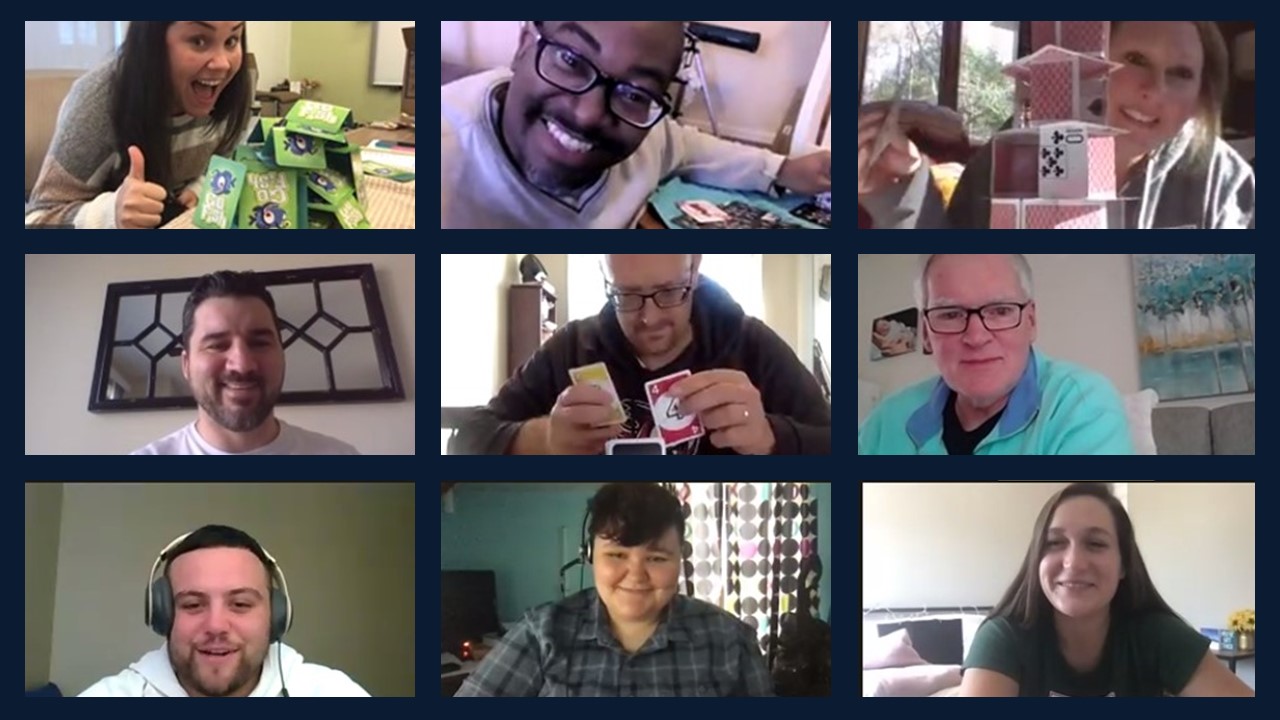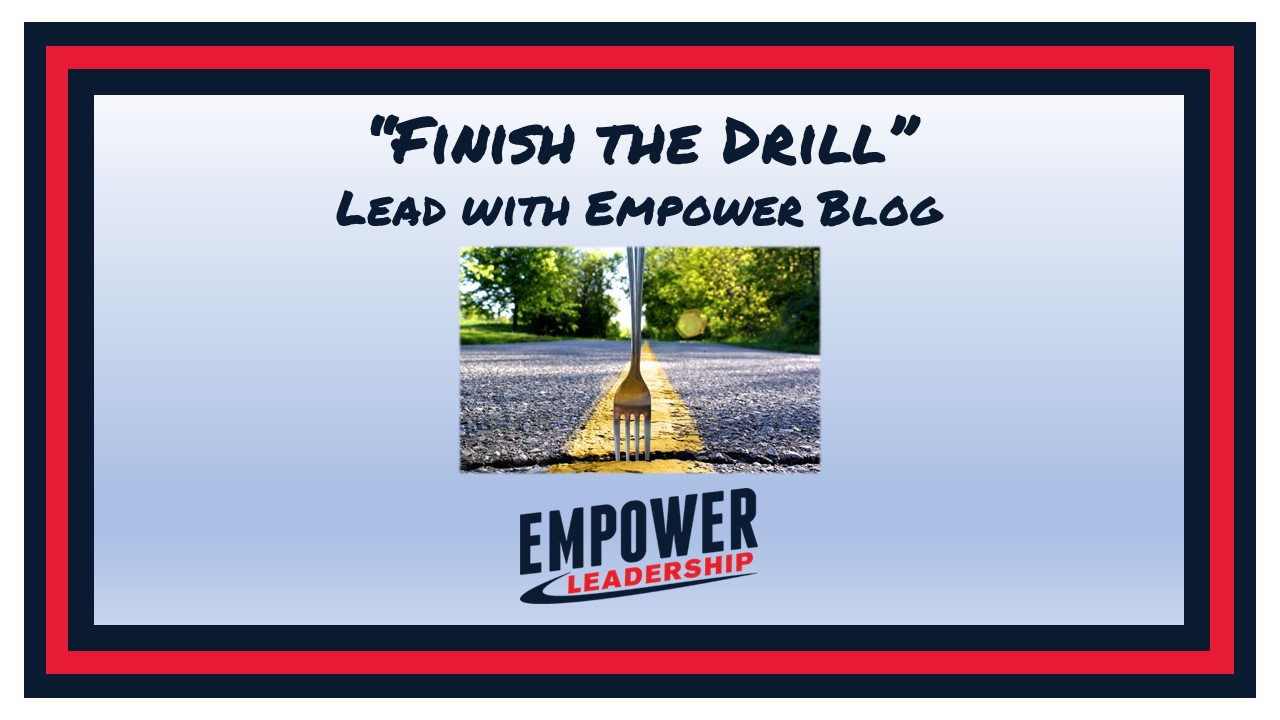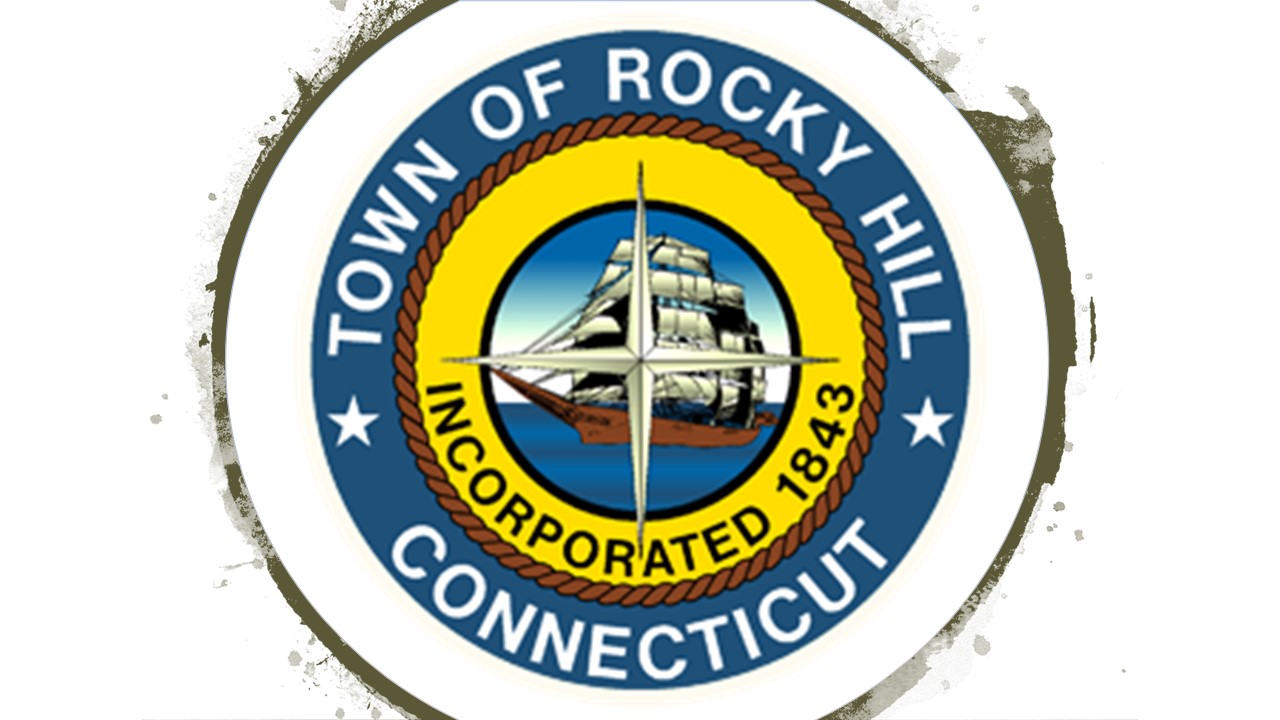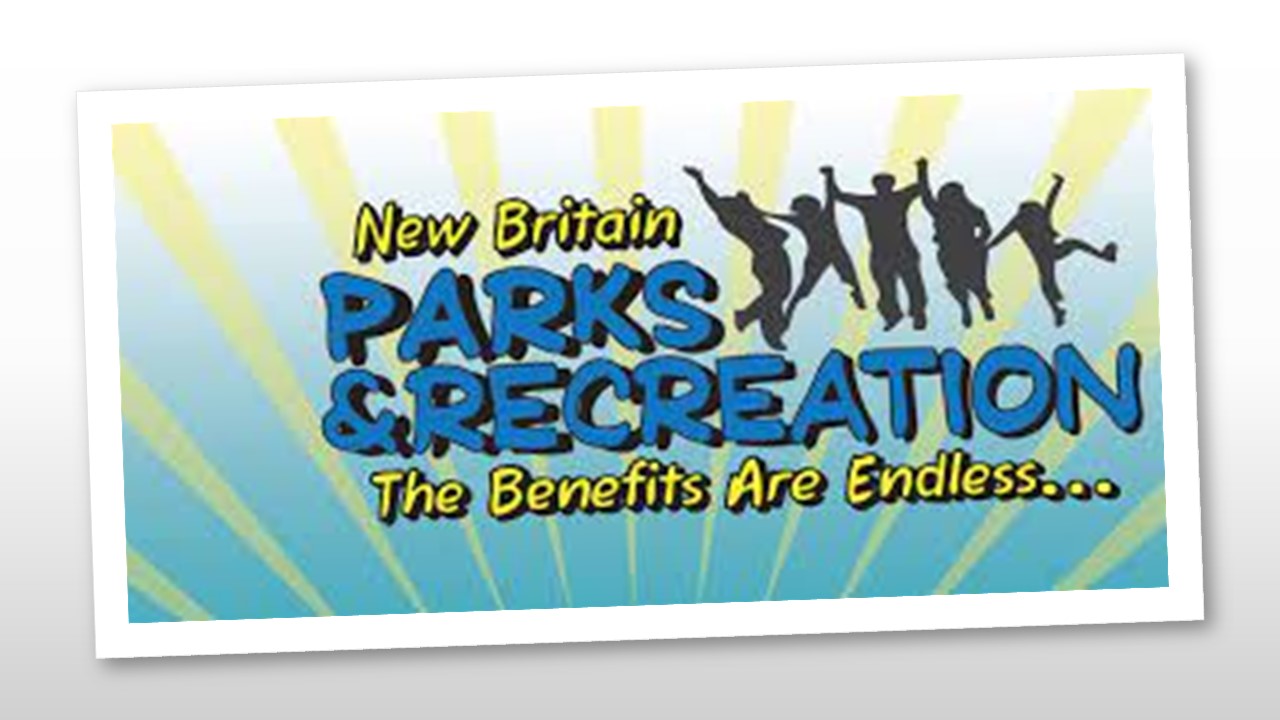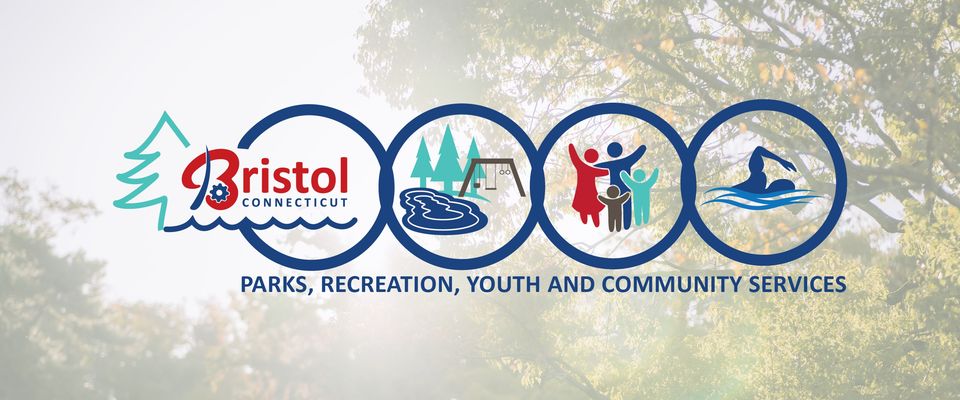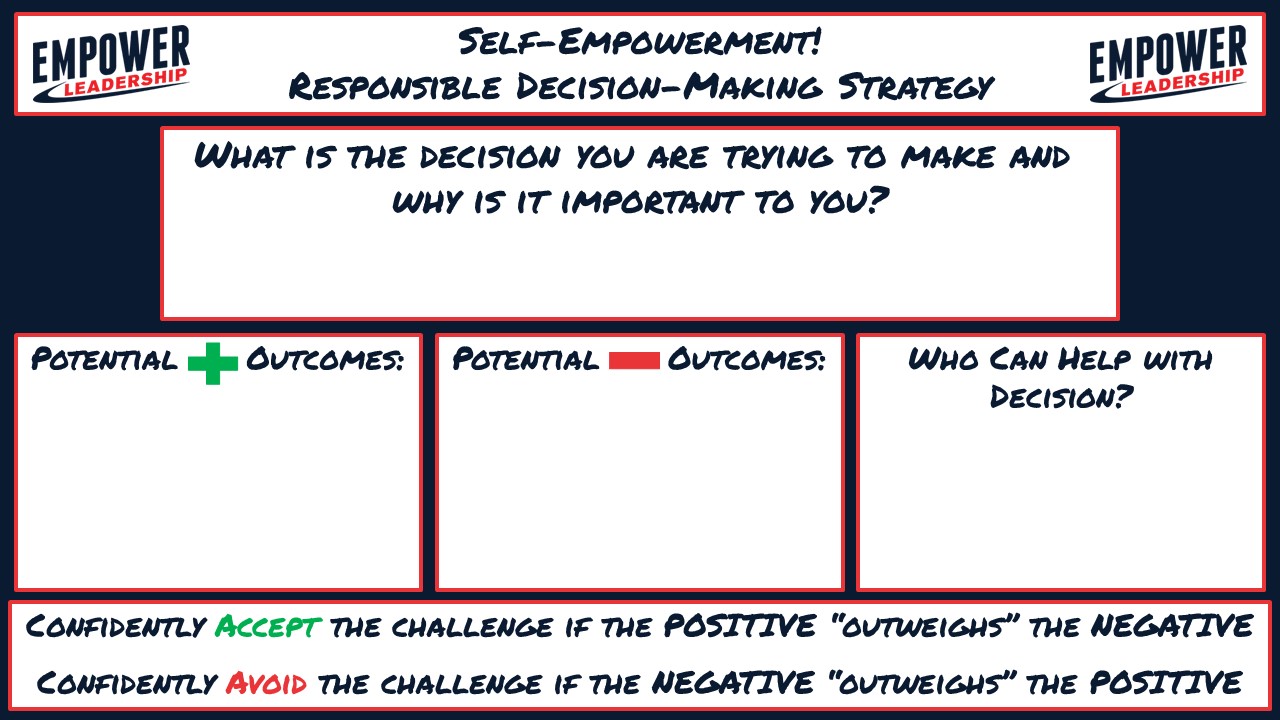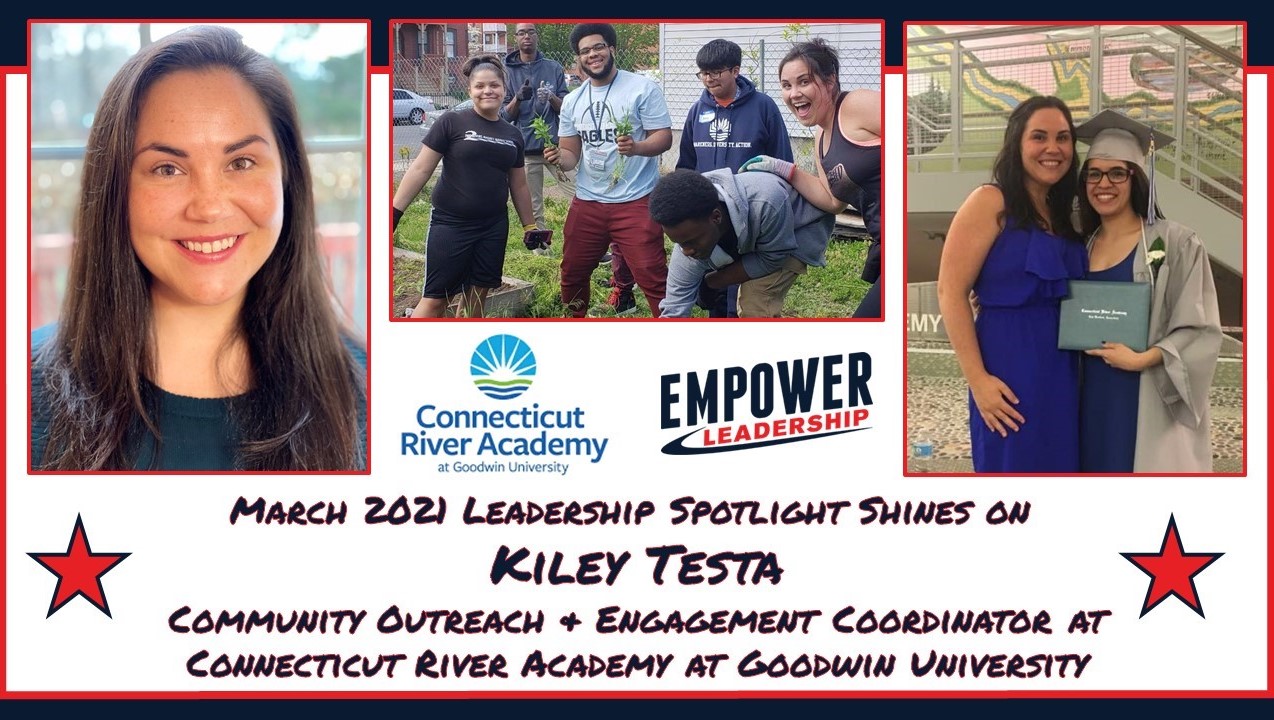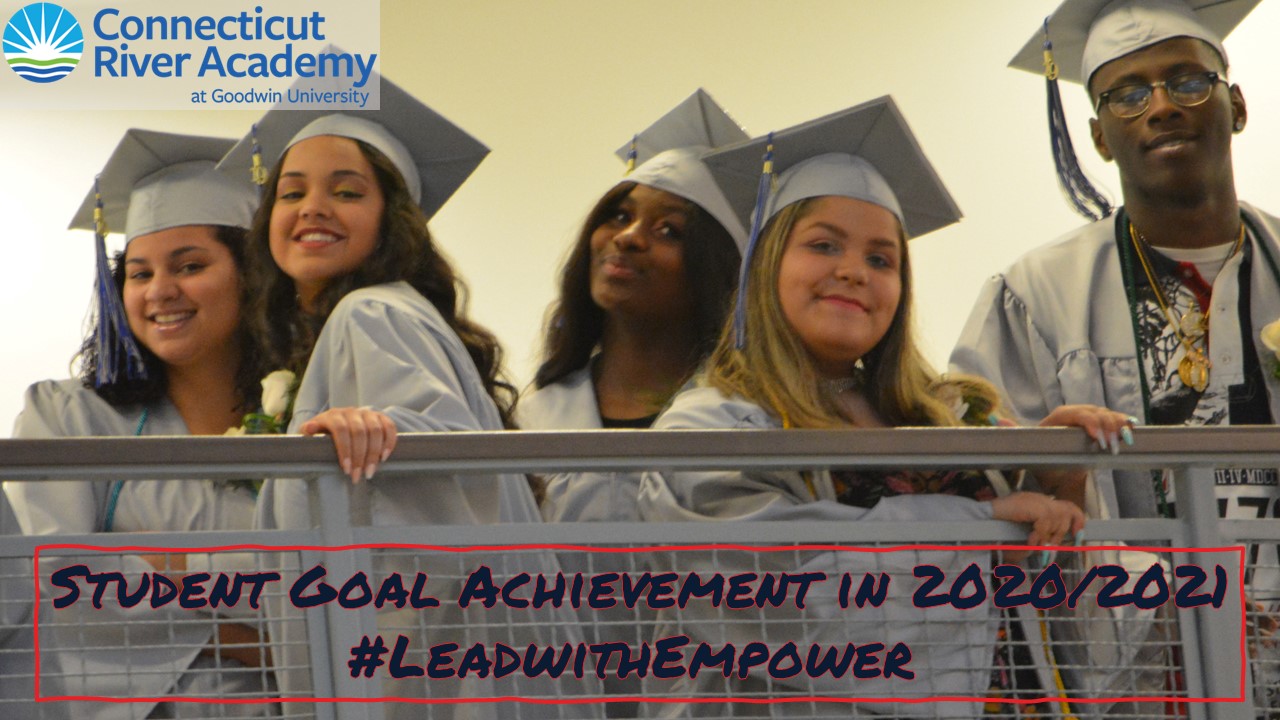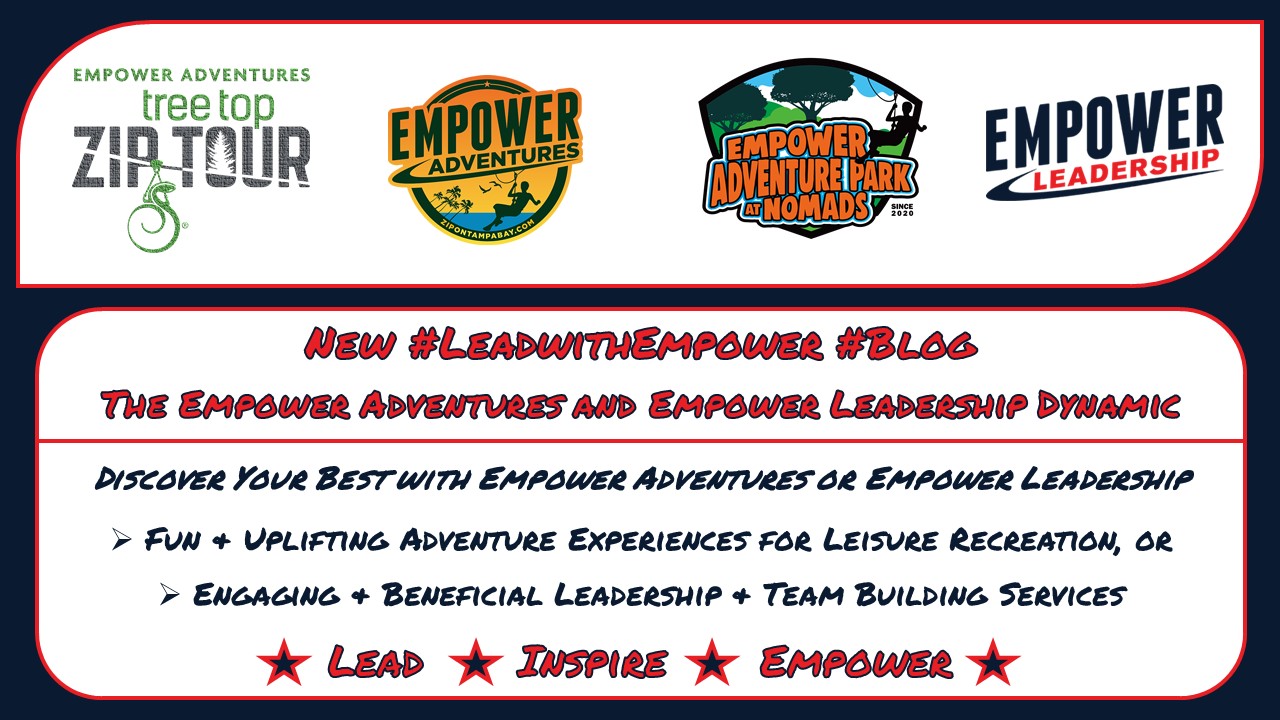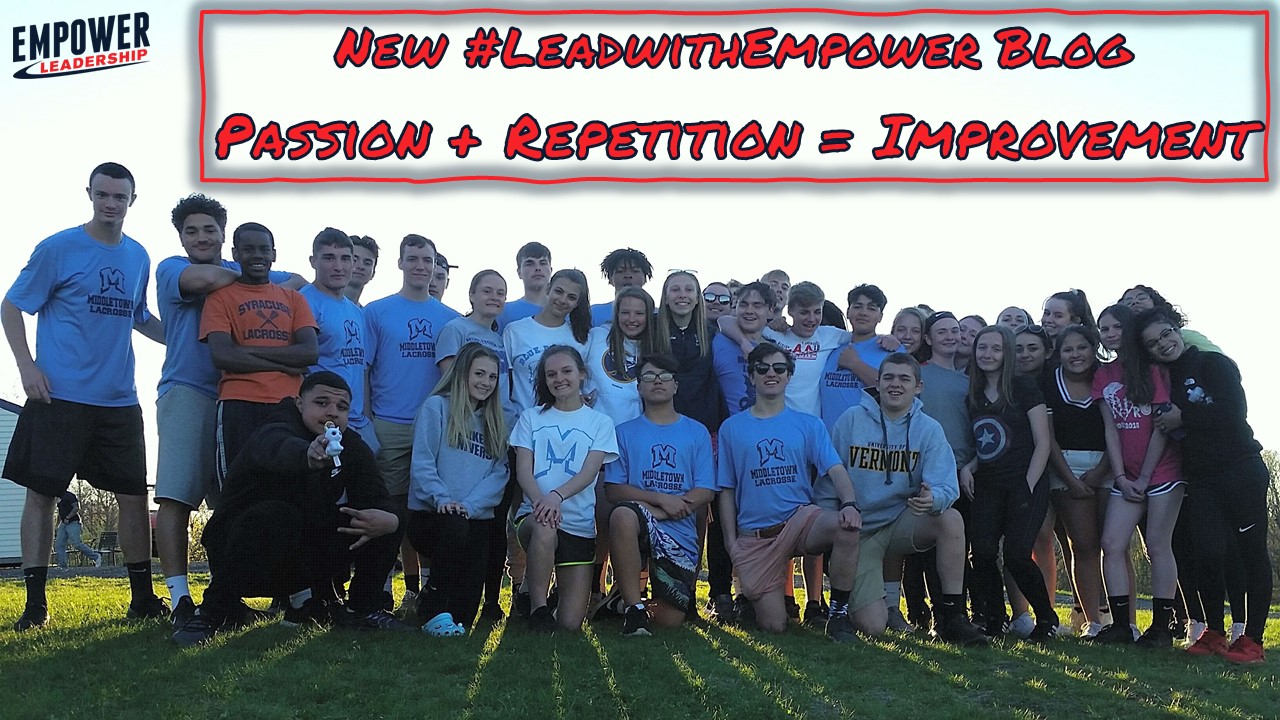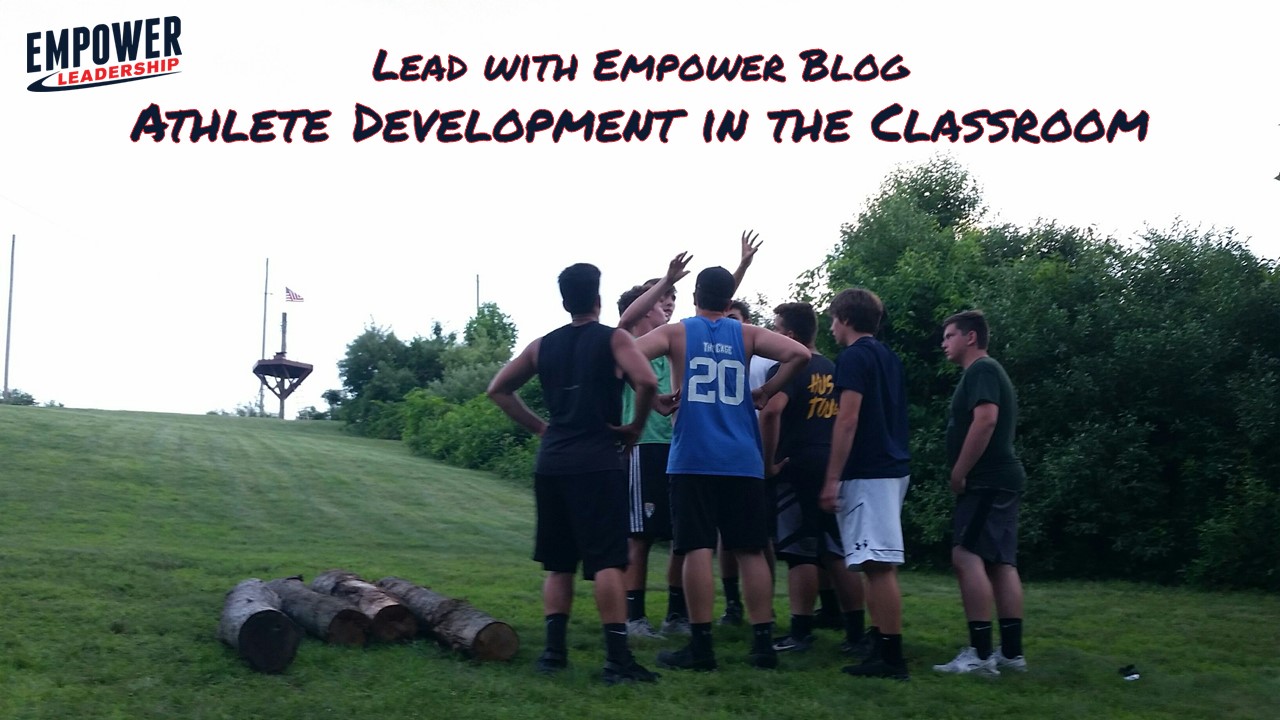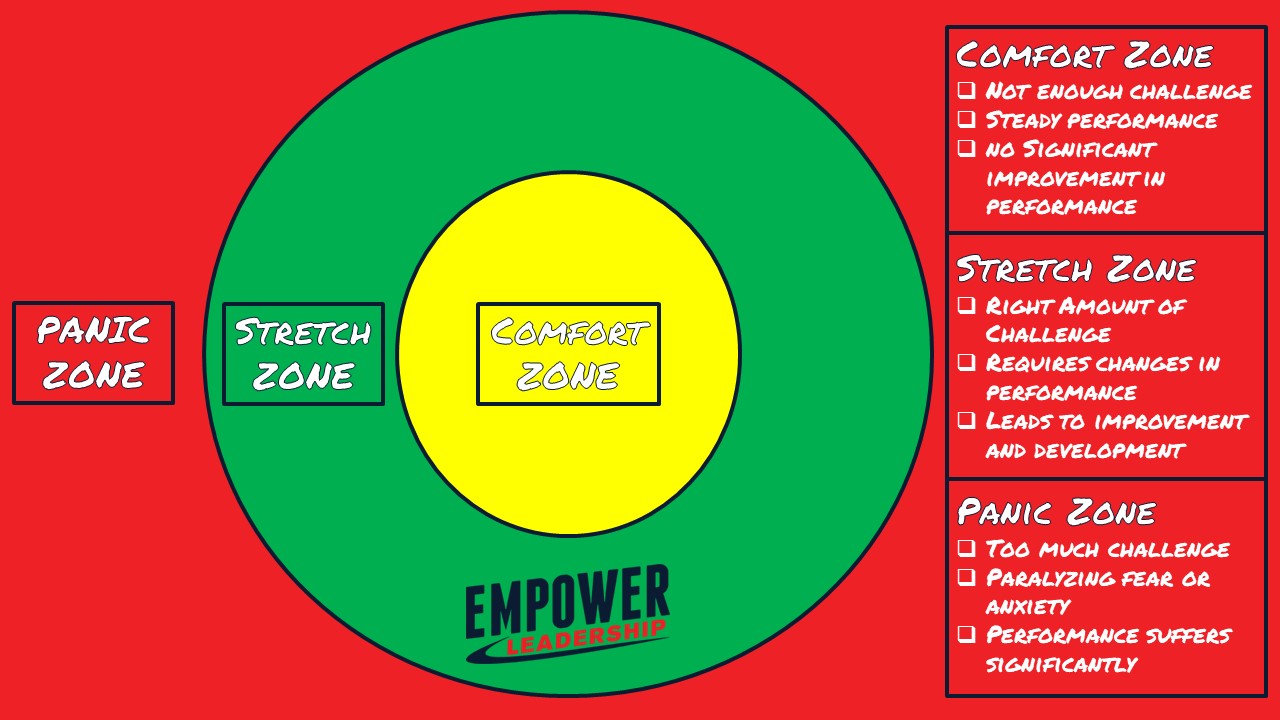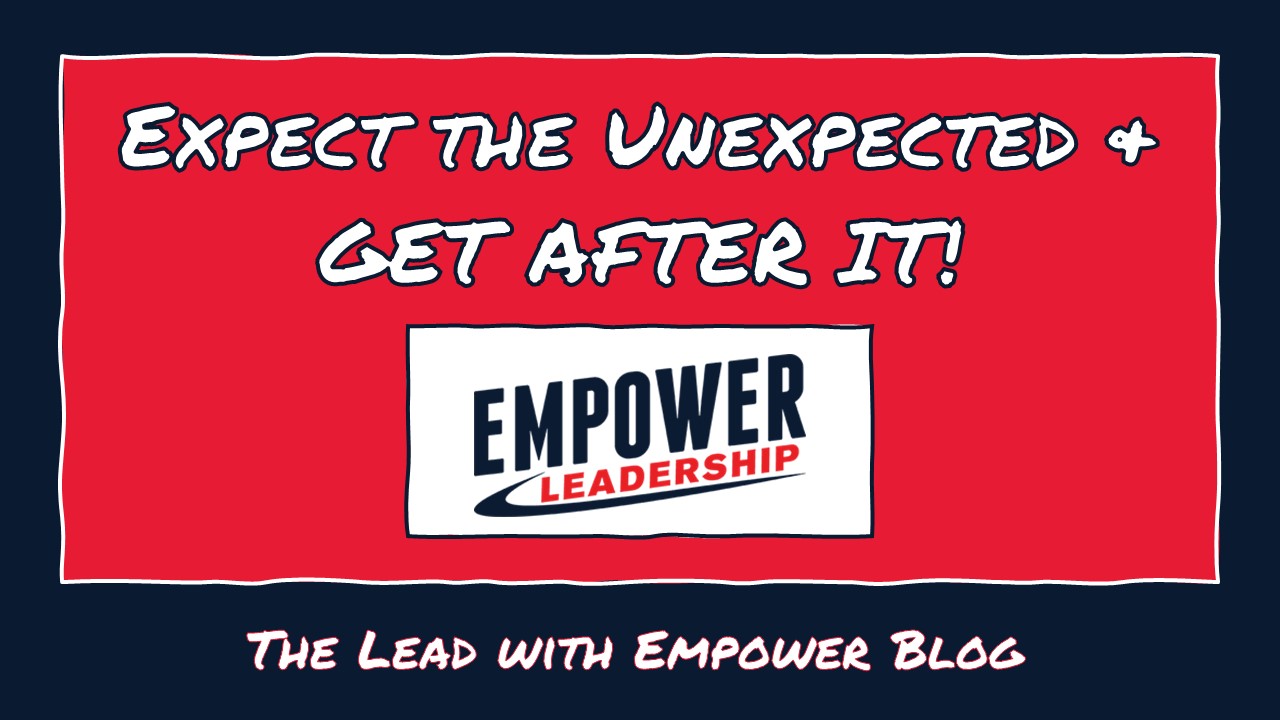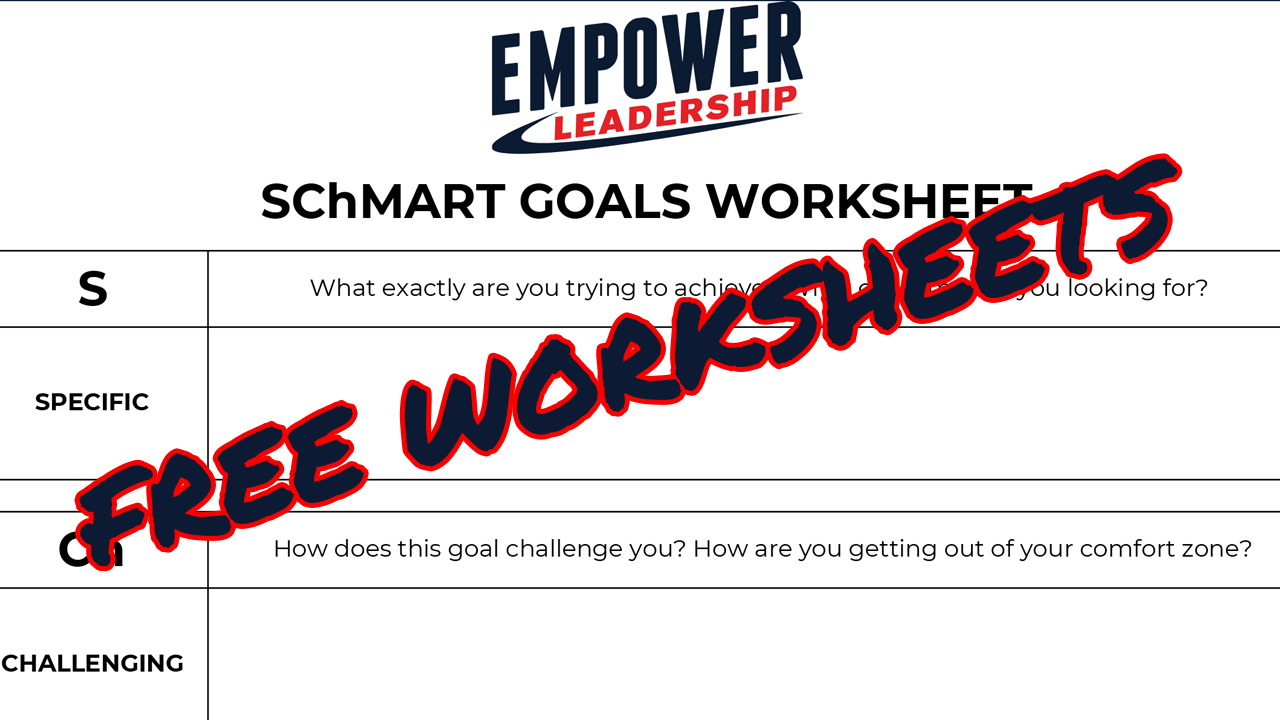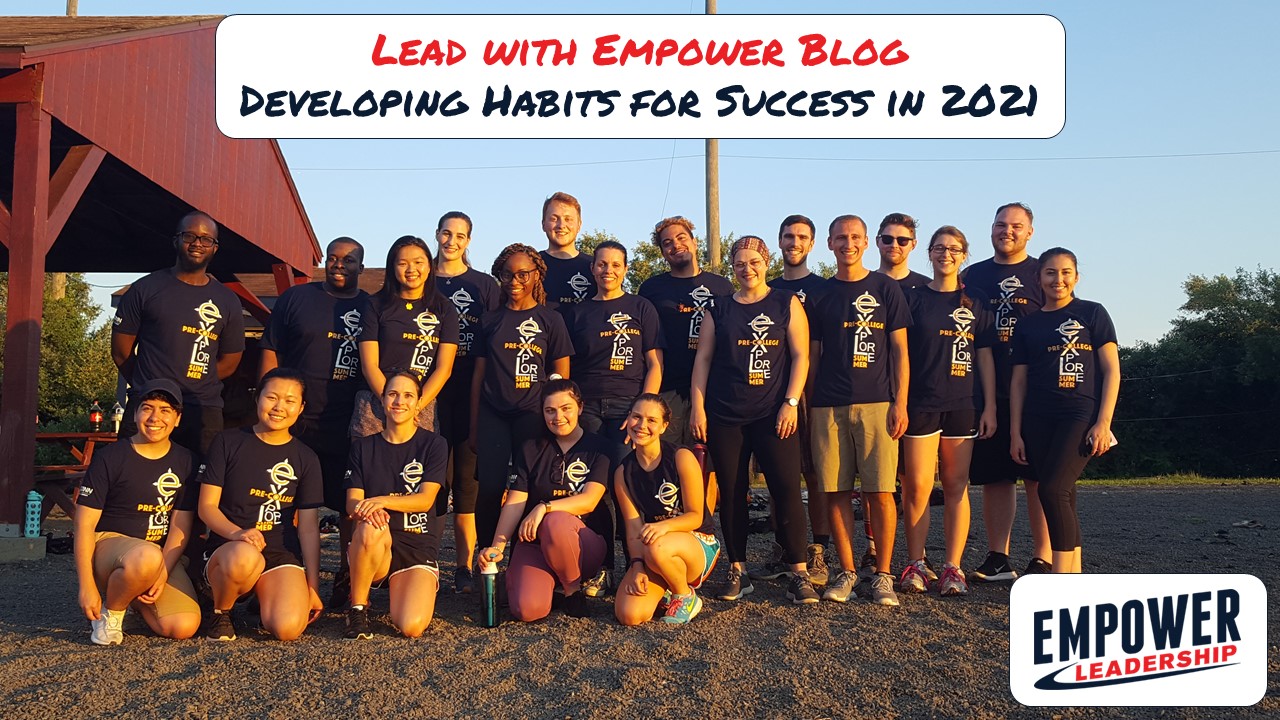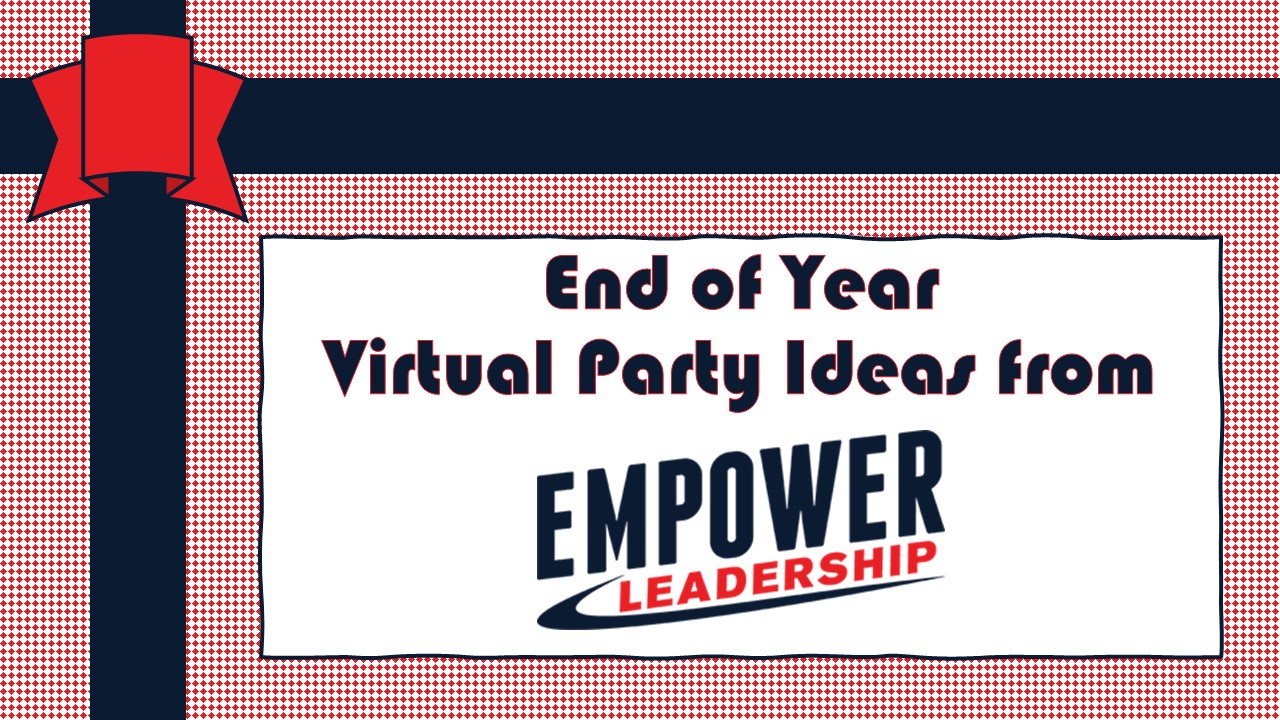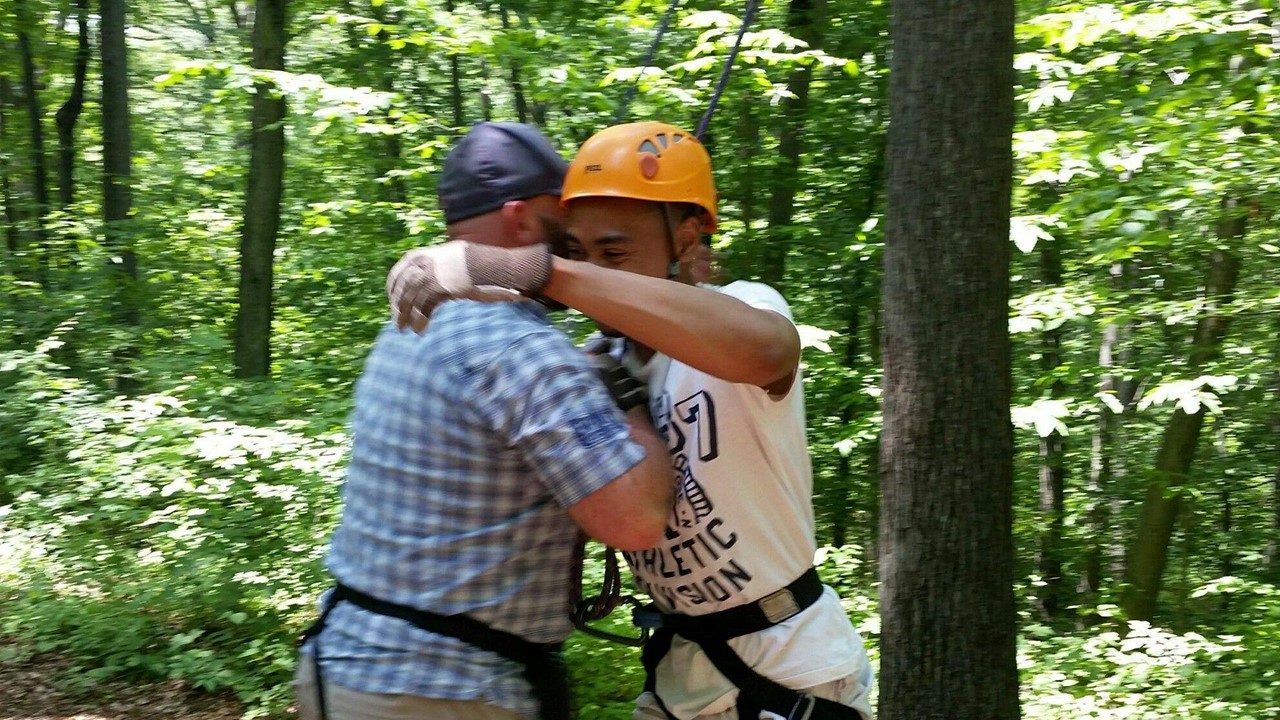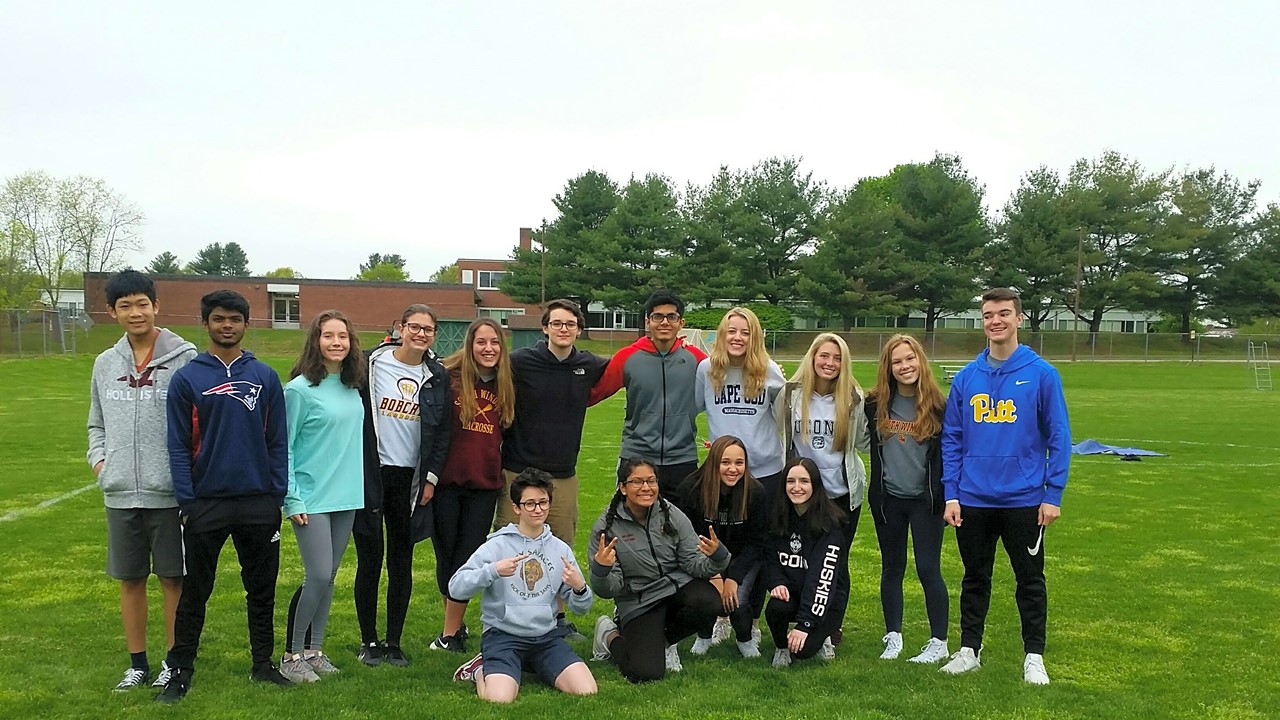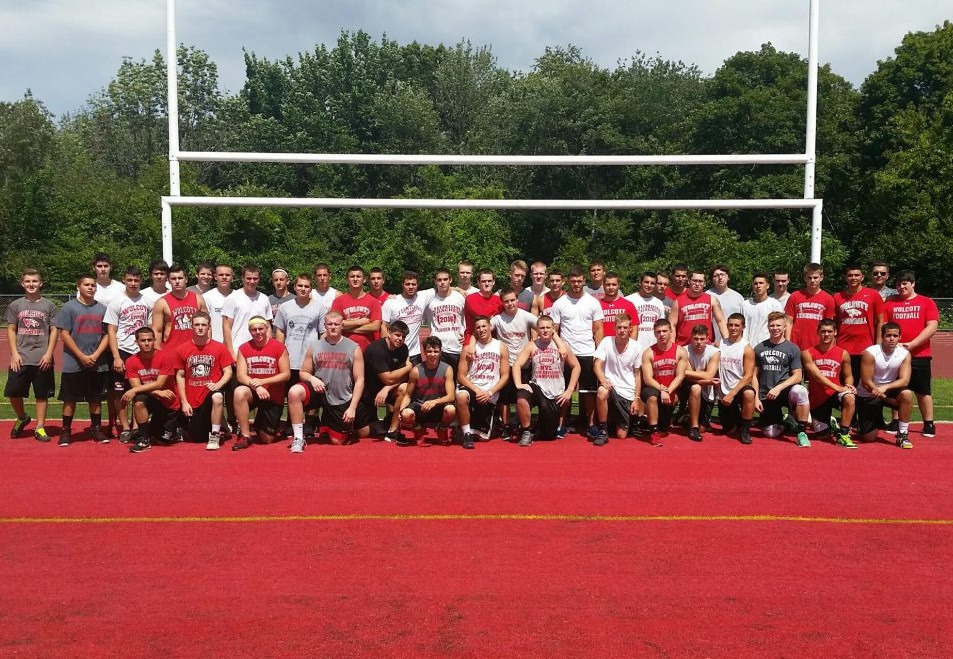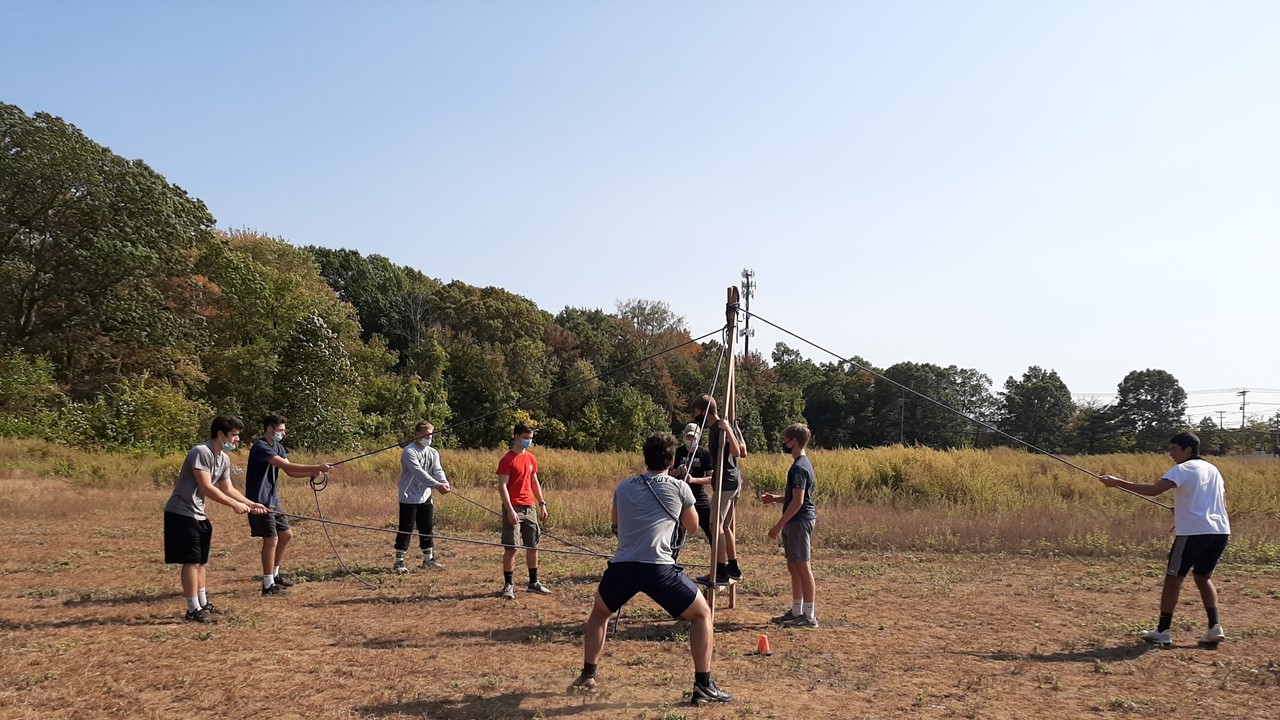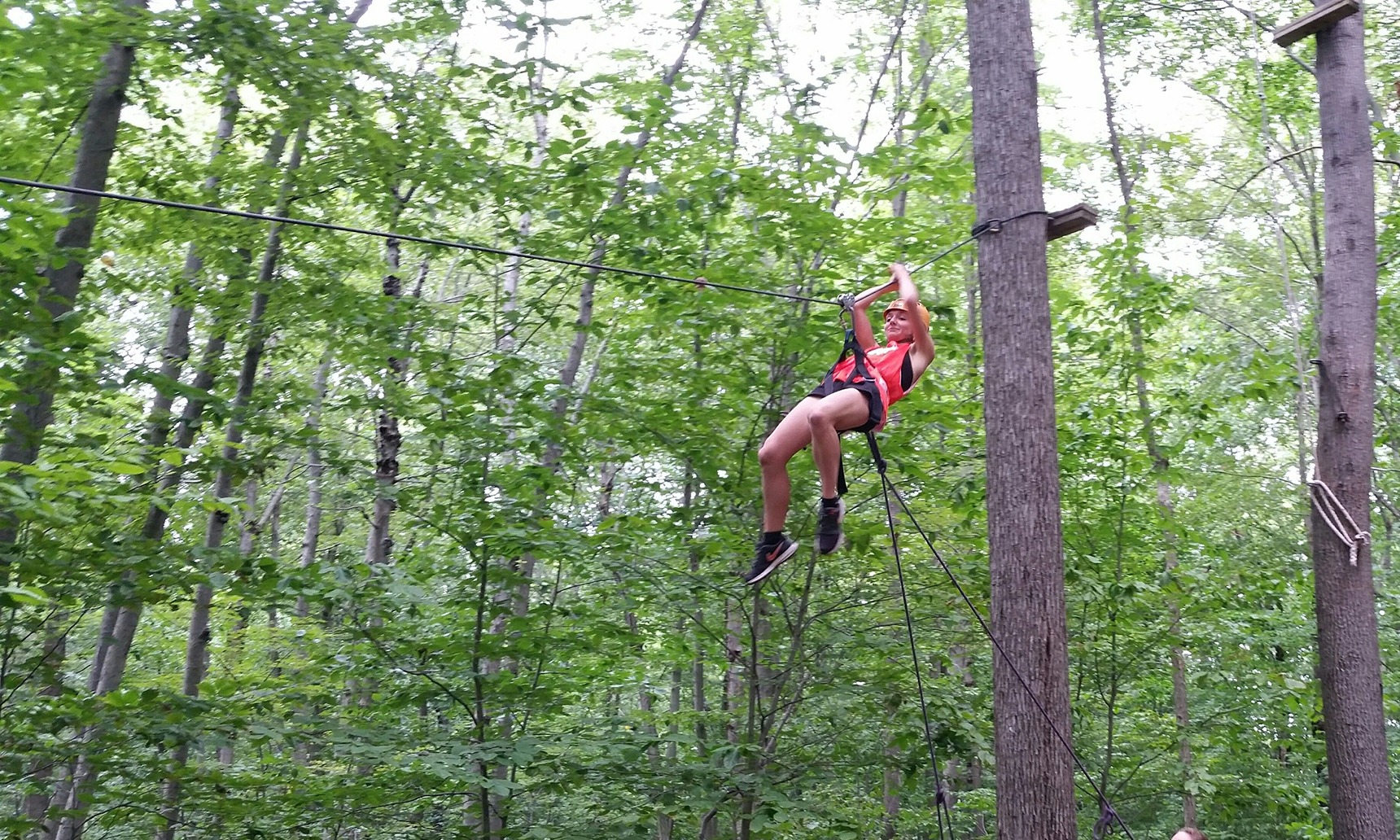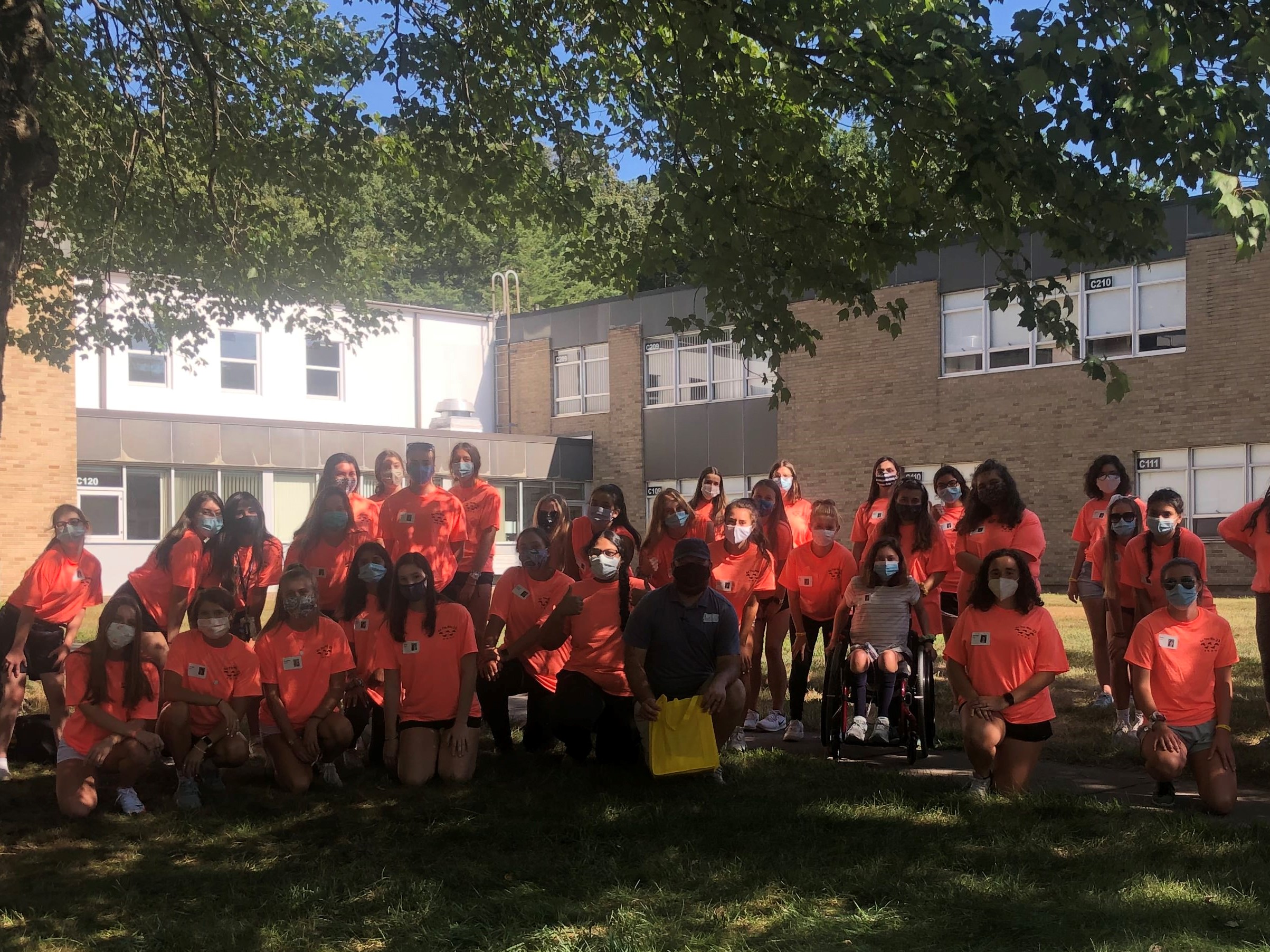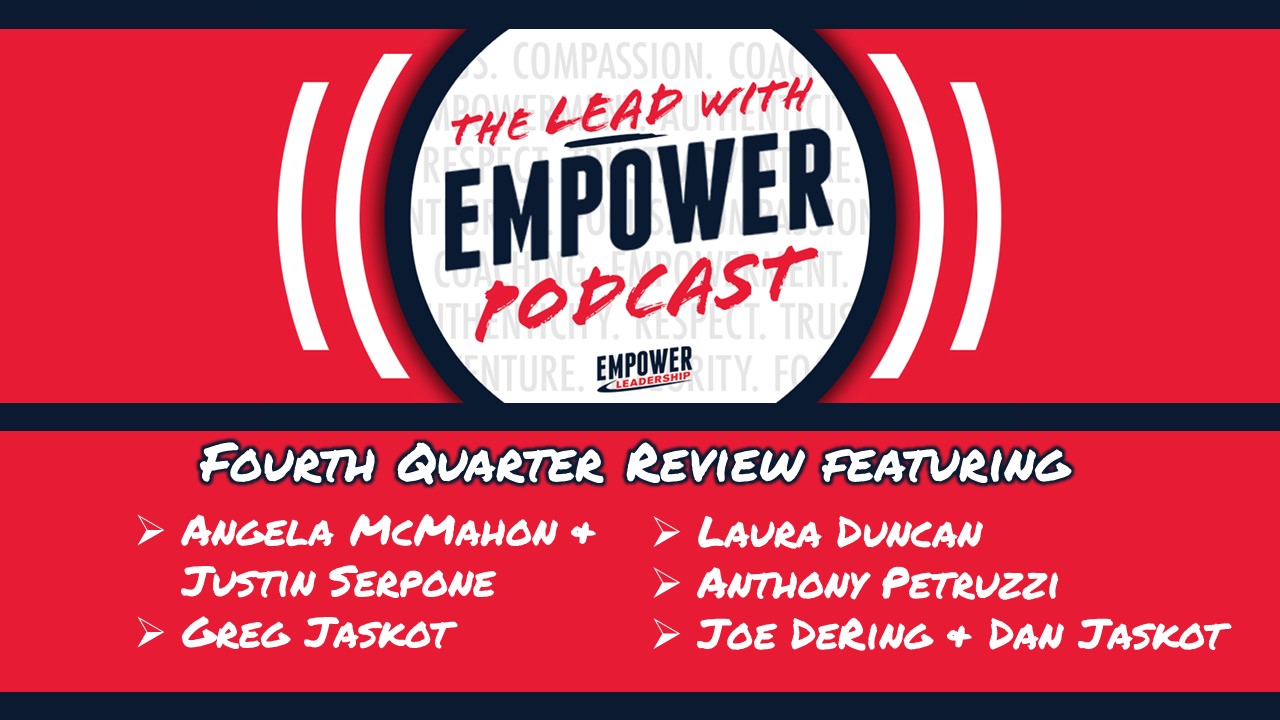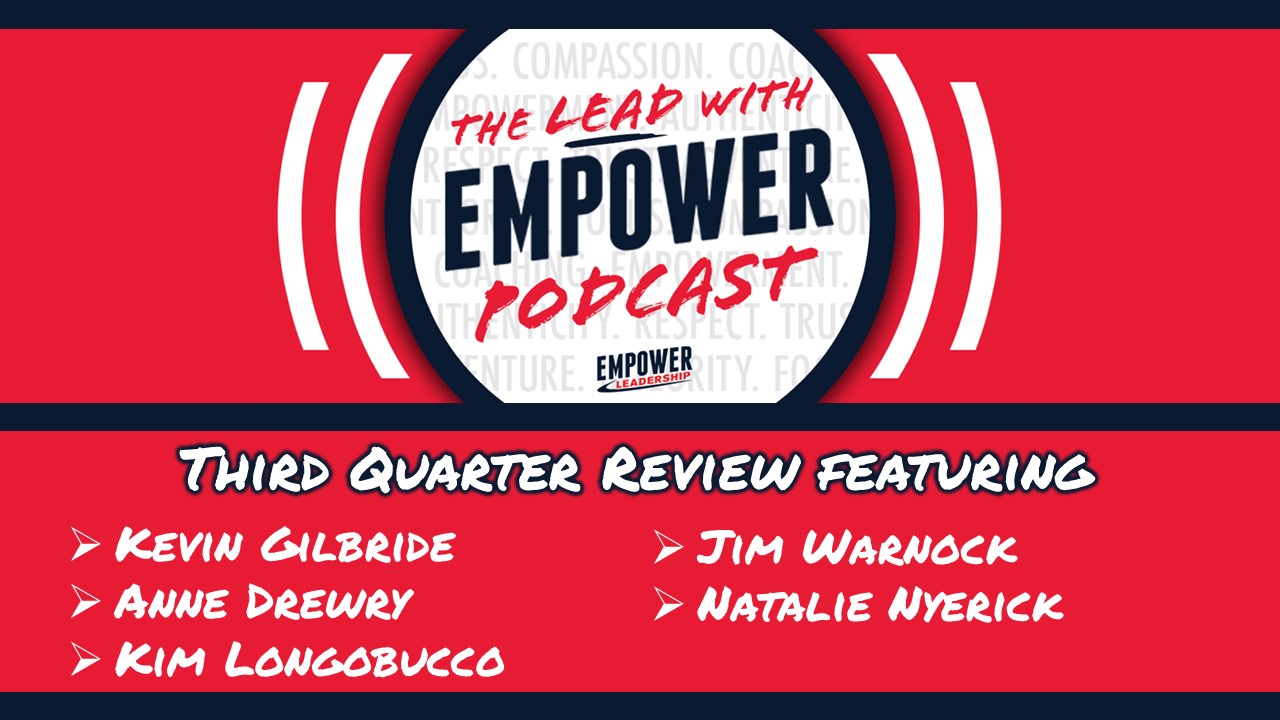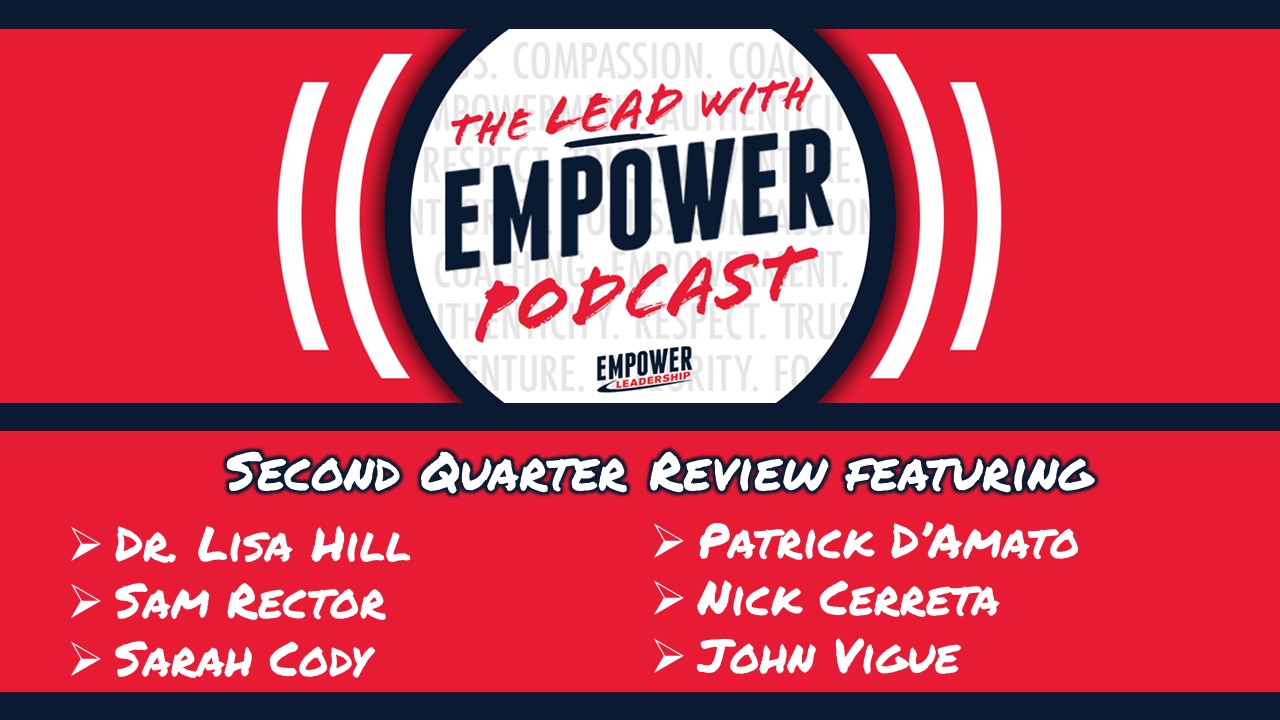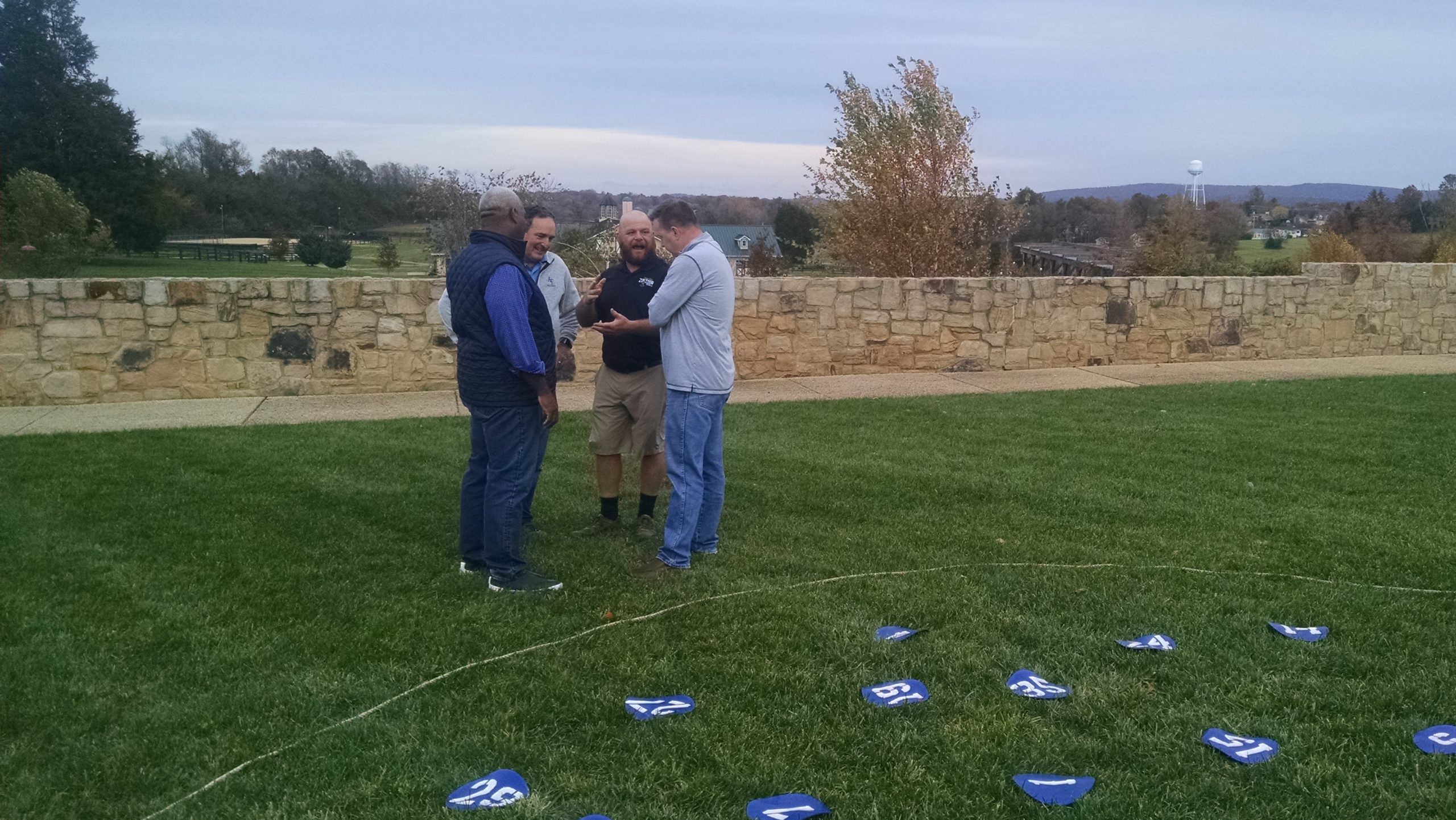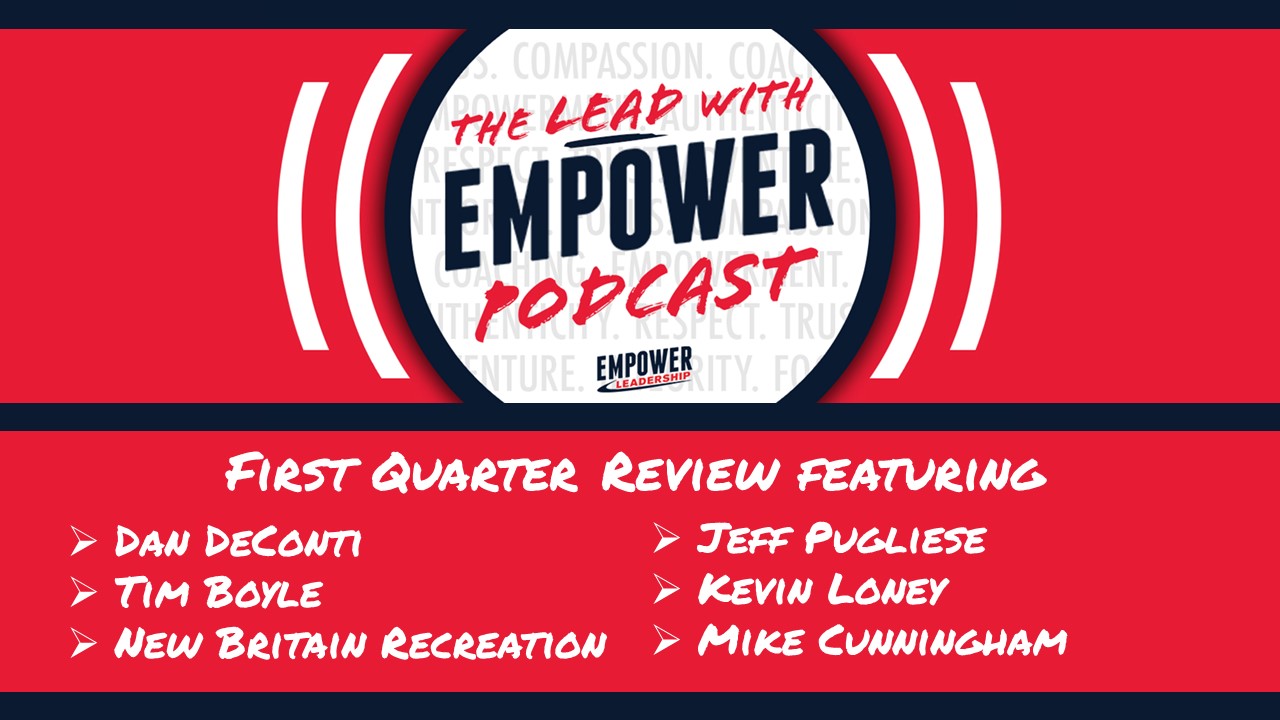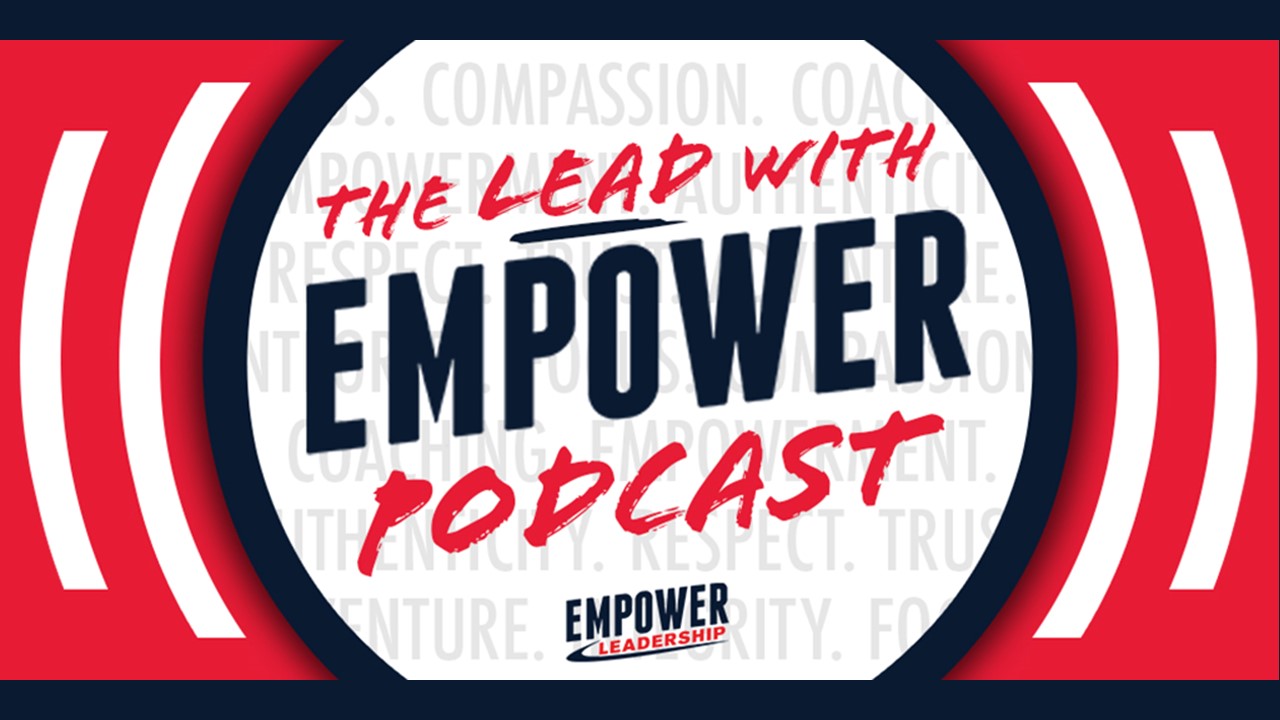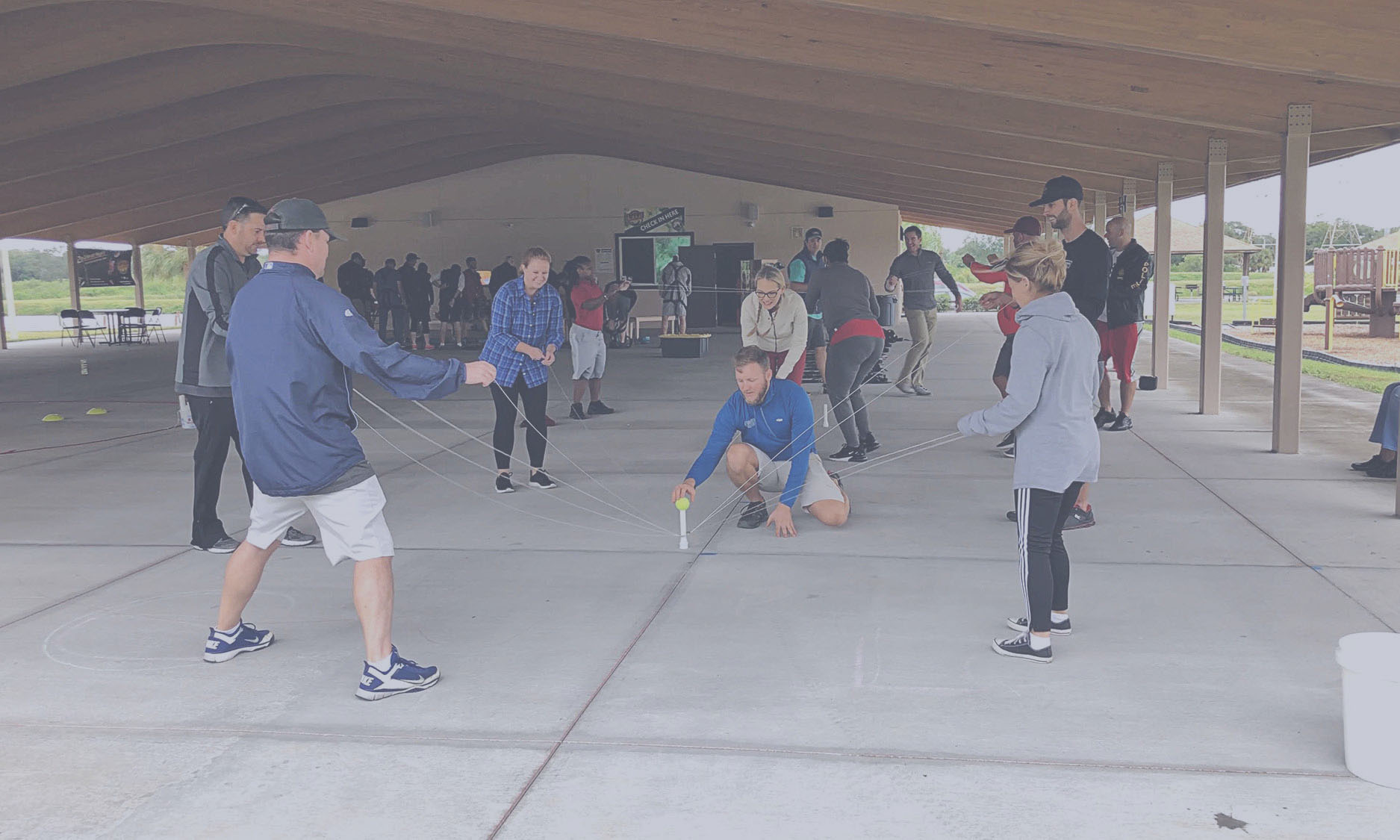What is Experiential Learning?
“The process whereby knowledge is created through the transformation of experience. Knowledge results from grasping and transforming the experience.” (1) Intentionally designed experiences serve as powerful tools to acquire knowledge regardless of the type of learners participating in the experience! There are some factors to consider when designing an experience, or set of experiences, for a group of learners. Those keys for Experiential Learning with Empower Leadership are:
- Clearly defined outcomes or goals for the participants
- Strategically sequenced activities
- Activity briefings that provide just the right amount of information (clearly stated goal, rules, and available resources)
- In-activity observations, reflections, discussions, coaching, and support that lead to continued participant engagement and improved performance
- Facilitated debriefing discussion that connects the experience to its “real world” application
Experiential adventures may look and sound just like fun and exciting organized activities; however, there is always a deeper “why?” when participating in such experiences with Empower Leadership!
The Pipeline Initiative
The Pipeline Initiative is a very common activity in the playbook of most adventure/experiential educators. There are not many equipment, time, or space requirements, the explanation is short and sweet, it can be easily modified or extended to accommodate a wide range of group/participant types, it can be delivered in both collaborative and competitive team building environments, and it is FUN!
Smaller groups (generally between 5 and 10) must roll a golf ball from a starting line into a “finishing bucket” using provided sections of PVC tube (one tube per participant). There are a few rules that turn this initiative into a challenge requiring the execution of certain team skills to successfully complete:
- Teamwork is required! The person with the golf ball in her/his tube cannot move her/his feet.
- Steady and smooth is better than rushed and panicked! The golf ball cannot stop, roll backwards, or fall to the ground.
- The team must restart the activity if the person with the golf ball moves her/his feet or if the golf ball falls to the ground, stops, or rolls backwards.
The Experience
One of the things I love most about the Pipeline Initiative is that very few groups will complete the challenge without some level of struggle – leading to a VERY triumphant moment of accomplishment when the golf ball lands in the finishing bucket! This, in and of itself, is a very valuable takeaway for participants – the reward of accomplishment is always greater when there are some challenges overcome during the journey!
The struggles commonly experienced during the Pipeline Initiative include:
- The golf ball rolls too quickly and uncontrollably, causing it to eventually fall to the ground
- Lack of clearly defined roles for the participants; leading to uncertainty with regards to what you should do when you have the golf ball vs. when you do not have the golf ball in your possession
- Vague communication that comes across with poor tone as frustration mounts
- The focus and attention of participants is dedicated towards what their teammates are doing, which leads to an inability to perform your role when it is time which, in turn, leads to breakdowns of trust
- The breakdown of trust leads to more worrying about teammates and less worrying about just doing your job
- Drastically changing the team process to something that was not practiced or rehearsed when near finish line
- Rushing back to restart without reflection, evaluation, plan for improvement
Knowledge Grasped Leads to Improved Performance
The beauty of experiential learning is that there are always emotional responses including the thrill of victory and frustration caused by struggles and interpersonal conflict. When something is lacking emotion, it is perceived as boring; and boring does not lead to meaningful learning. To properly deliver the experiential learning activity, the group must experience, first-hand, the emotions involved in the process of learning! It is important that the facilitator or leader of the experience “lets the water boil without letting it boil over”. As a facilitator, your main role is to ensure that there is the right amount of emotional stimuli – too little emotion (i.e. if the activity is too easy) or too much challenge/conflict (i.e. no support/coaching from leaders) leads to disengaged learners.
We utilize a very “compact” in-activity debriefing style that helps engage participants throughout the entire experience – Keep/Stop/Start! Before the participants become disengaged, I will stop the activity and ask the group to discuss what is working (KEEP), what is holding them back (STOP), what they can do to improve (START). We repeat the Keep/Stop/Start discussion each time I recognize that the emotional stimuli are becoming a deterrent to team success!
Each Keep/Stop/Start discussions helps participants realize that performance improves when:
- Golf ball is kept at a slow and controlled pace
- Communication is detailed and carries a tone of support vs. a tone of conflict
- Roles are clearly defined, and participants are focused on consistently performing their role throughout
- Roles are performed with great focus on “the controllable” – leading to more trust in teammates
- The process has a practiced plan for the ending
Participants do not suddenly become skilled “golf ball rollers” – they learn to perform better as a team through experiences – both good and bad!
Valuable Takeaways
From a physical standpoint (rolling a golf ball into a bucket), the Pipeline Initiative has little to no real-world meaning or value; however, when reflecting on the process a team takes to complete the task, there are plenty of valuable takeaways for the participants involved in the experience! Through a facilitated debriefing discussion, participants learn:
- To find “purposeful pace” – performing a task with a sense of focus and intensity without that pace bubbling over into frenetic and panicked
- When part of a team, if everyone (1) knows what their roles are and (2) performs their roles with focus on “the controllable”, trust is developed and the team, in its entirety, is successful
- To communicate with productivity on top of mind! A conversation that is detailed (as opposed to vague) and supportive in tone (as opposed to yelling/placing blame) leads to accountability, unity, and productivity!
- Improvement can only occur when taking the time to evaluate and adjust – keep performing the good, stop performing that which is holding you back, and identify ways to improve those actions that are preventing your team from achieving success
Conceptually, the Pipeline Experience is a simple activity that, from a physical standpoint, has no real-world value. However, in an intentionally facilitated setting, can lead to valuable takeaways for students, work teams, athletes, and more!
Experiential Training with Empower Leadership
Each Empower Leadership experience – whether it be corporate team building, youth leadership development, staff training and development, or team building for athletic programs – is customized for each group to ensure alignment with the group’s dynamic and desired outcomes or takeaways. Empower Leadership has an experience for every group; from fun outings to professional development workshops and training experiences, and everything in between! Visit www.leadwithempower.com/services/ to learn more about Empower Leadership’s offerings or visit www.leadwithempower.com/our-adventures/ to learn more about the Empower Adventure Parks in CT, FL, and VA.
(1) Kolb, D. A. Experiential Learning: Experience as the Source of Learning and Development. New Jersey: Prentice-Hall; 1984.

